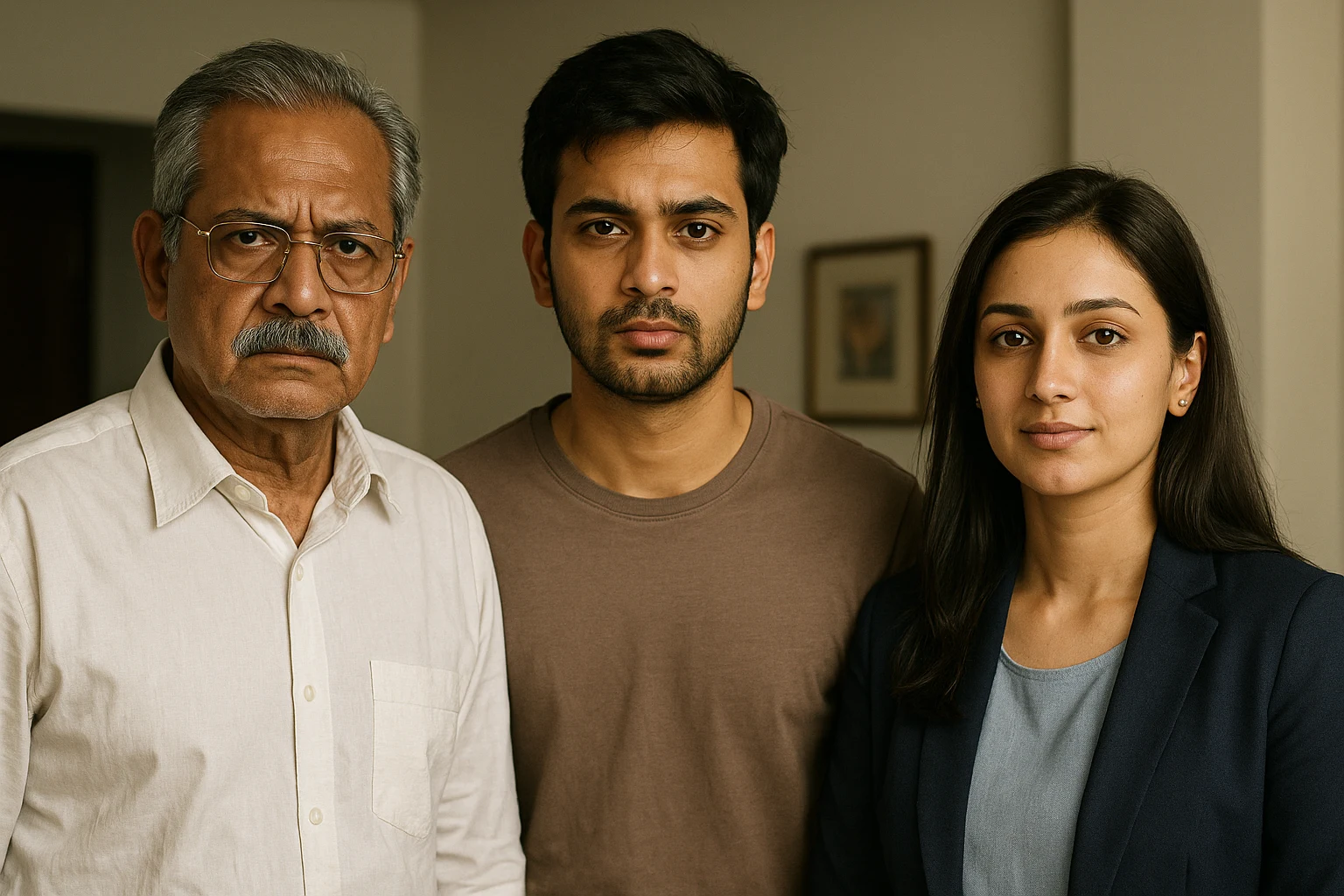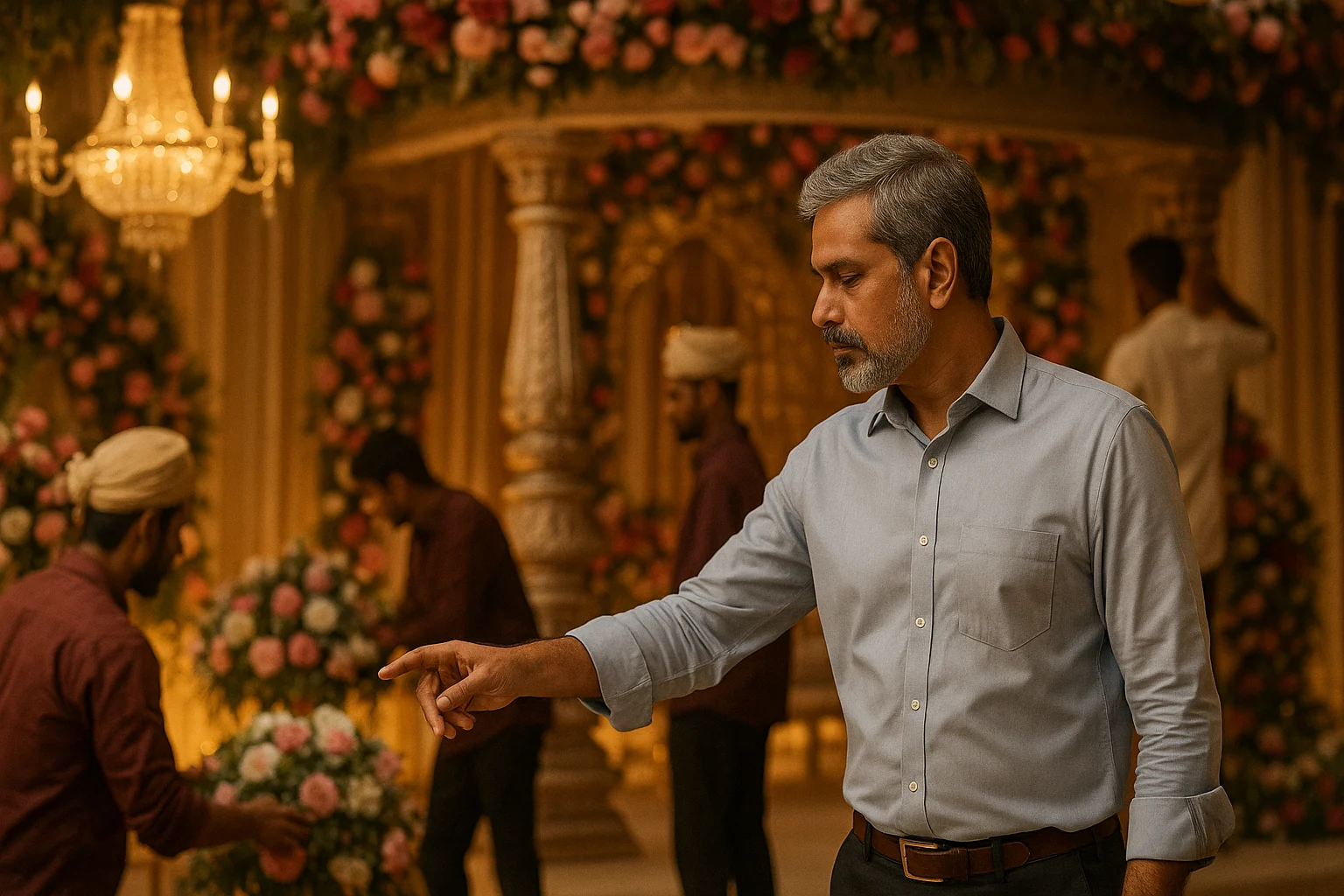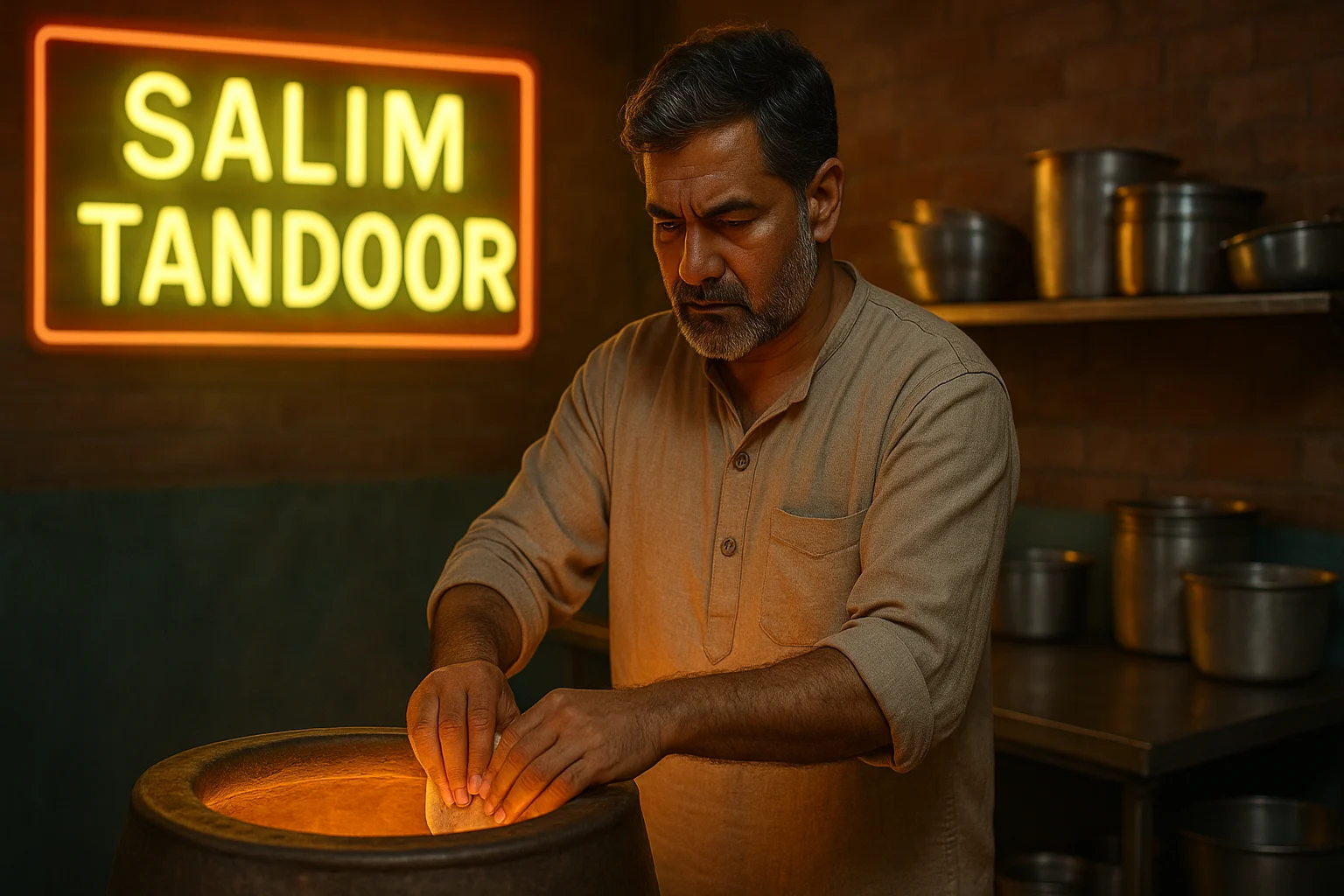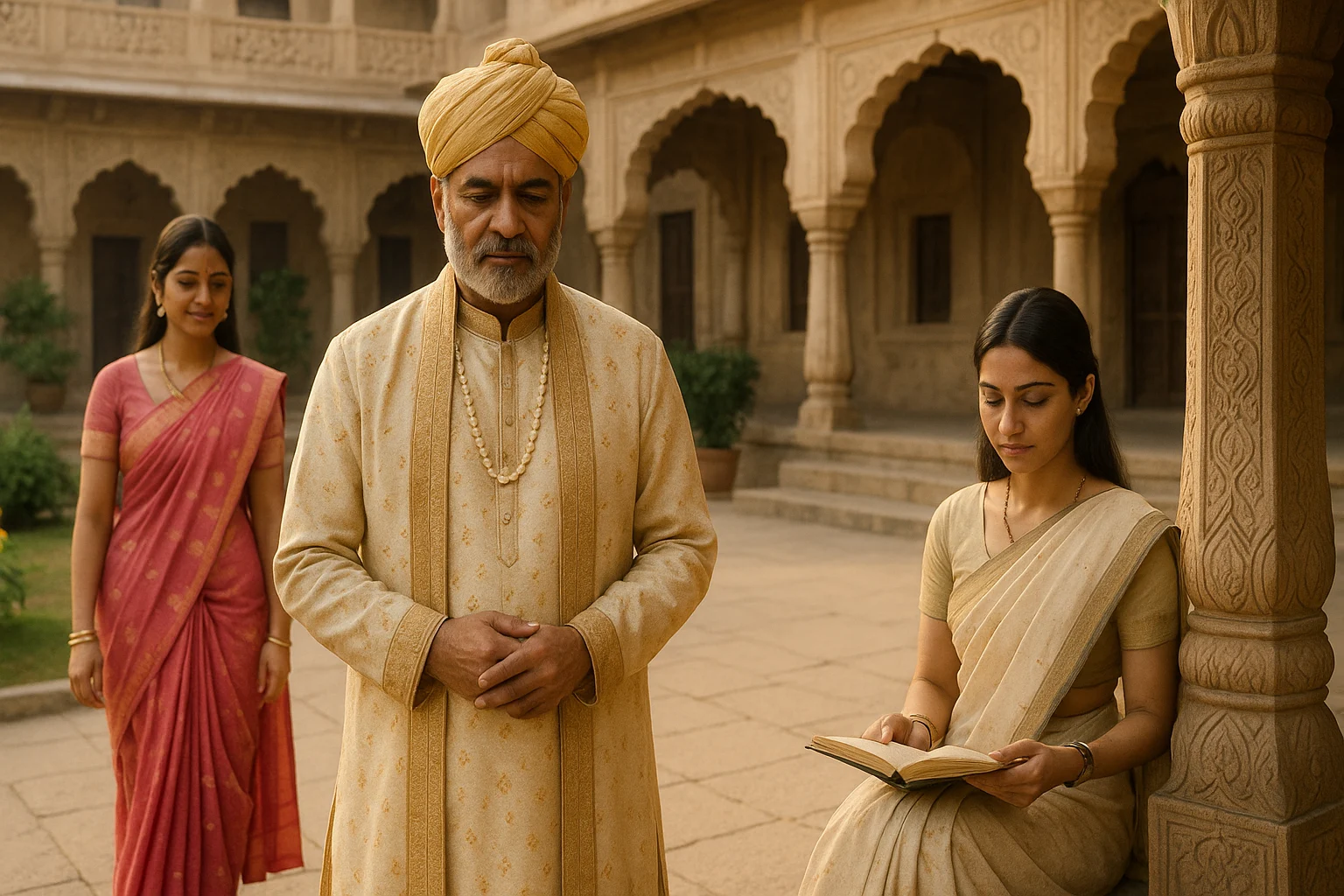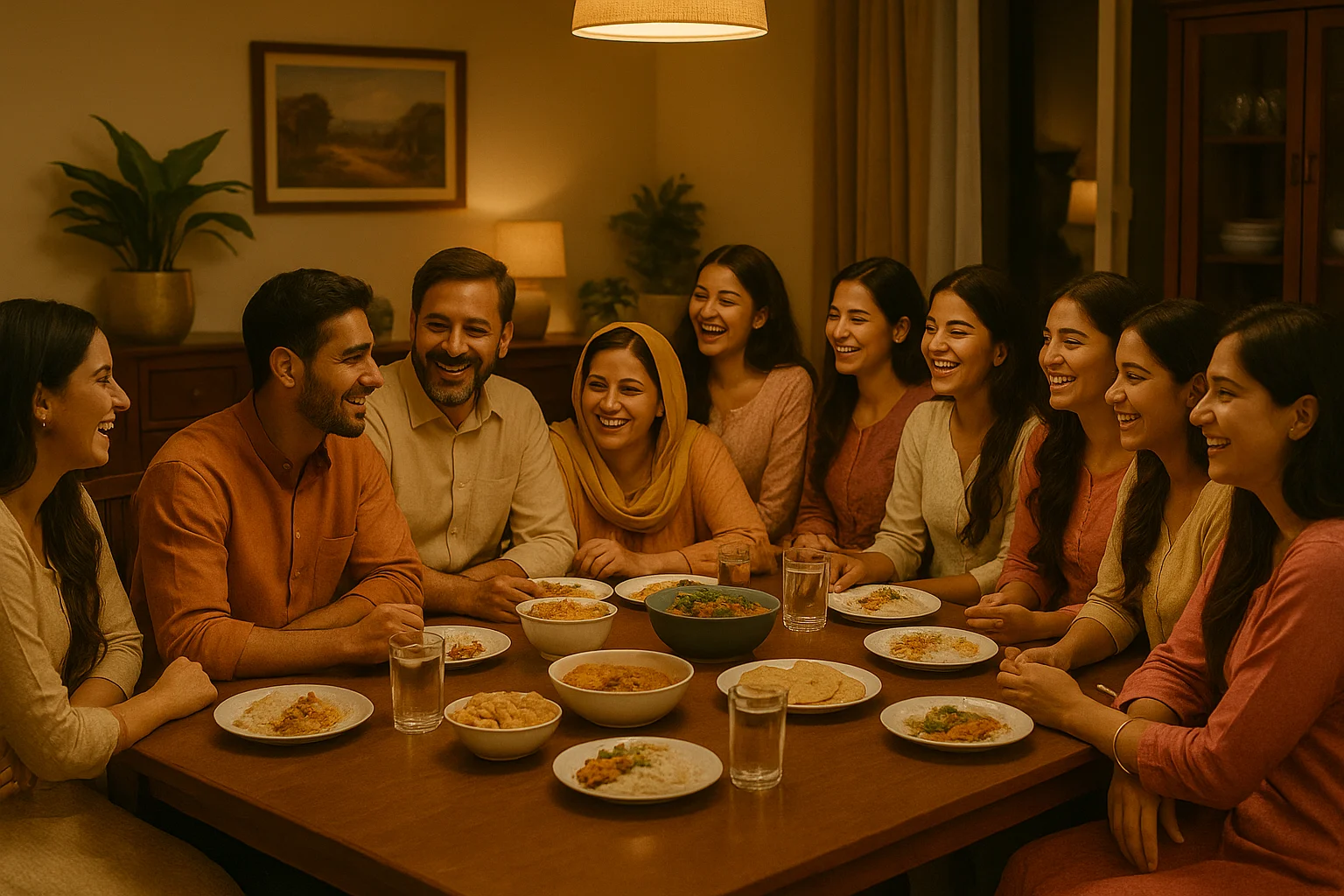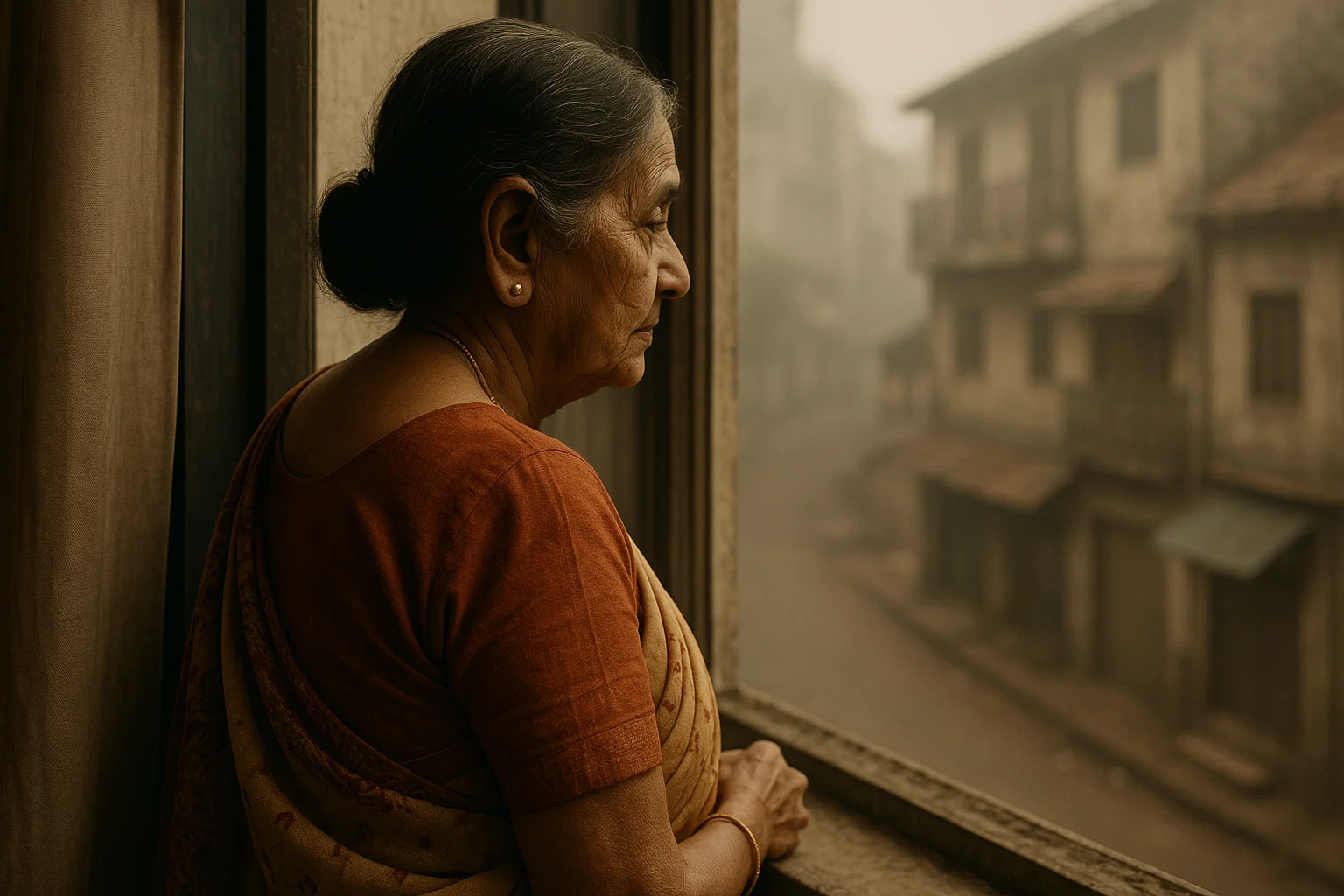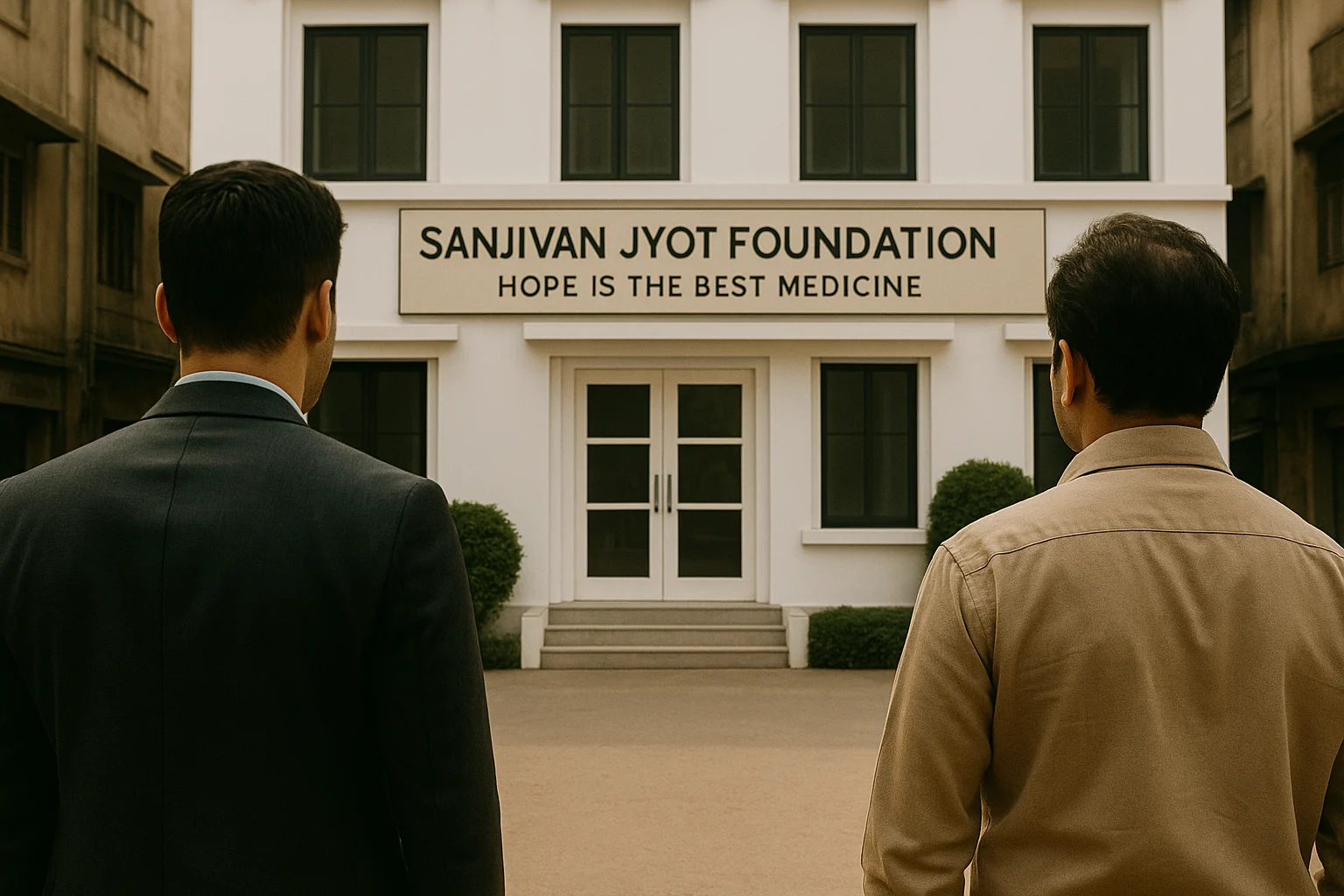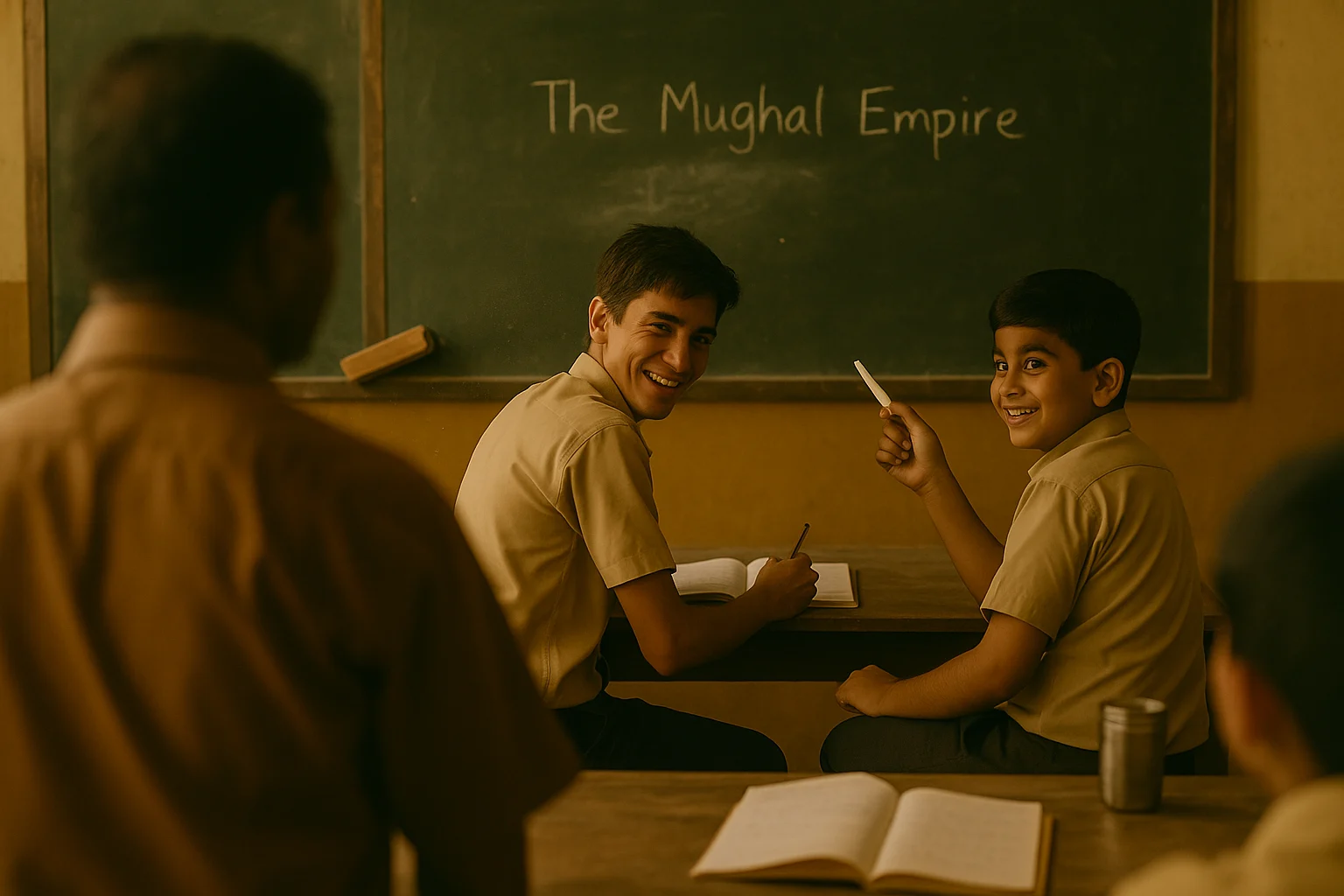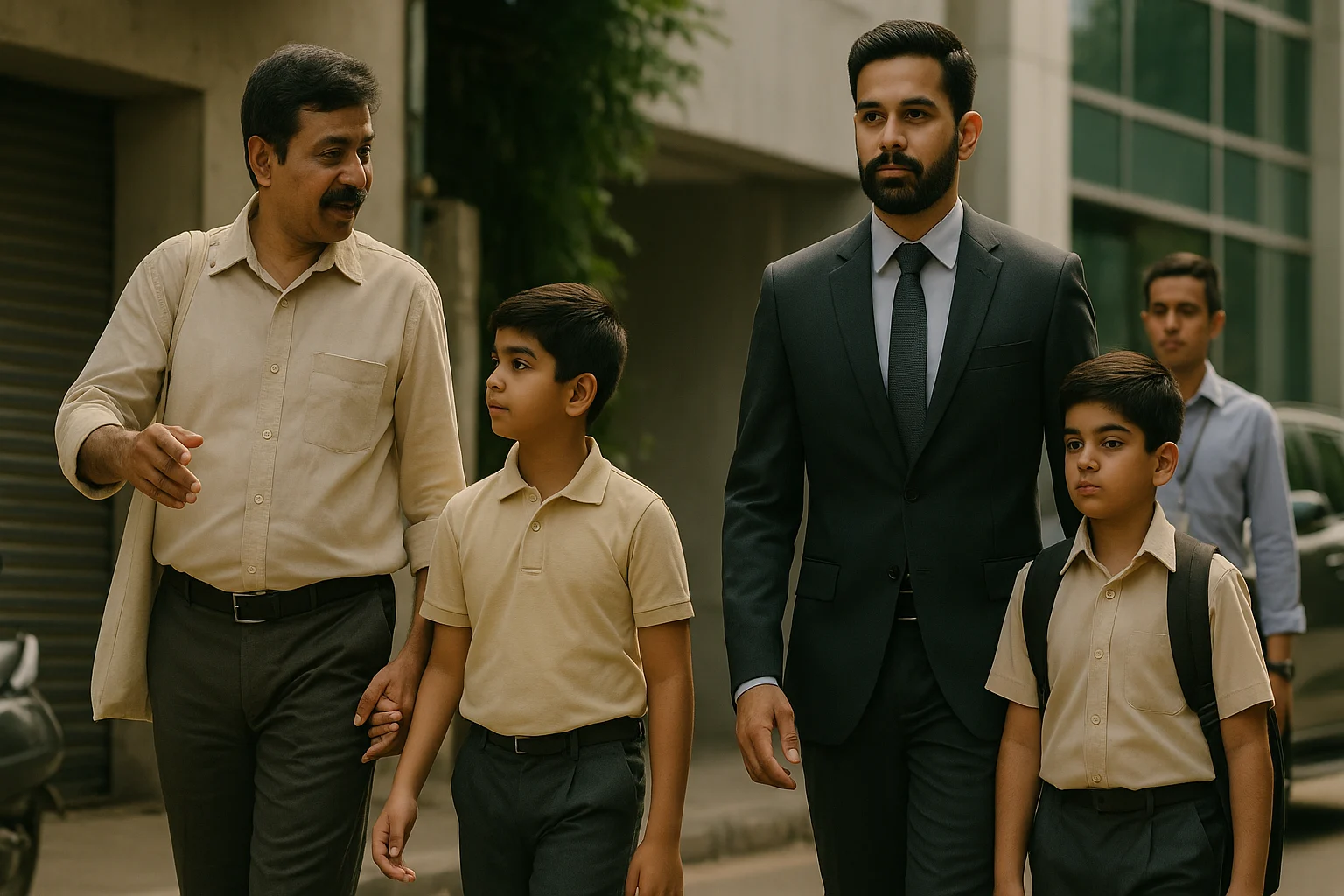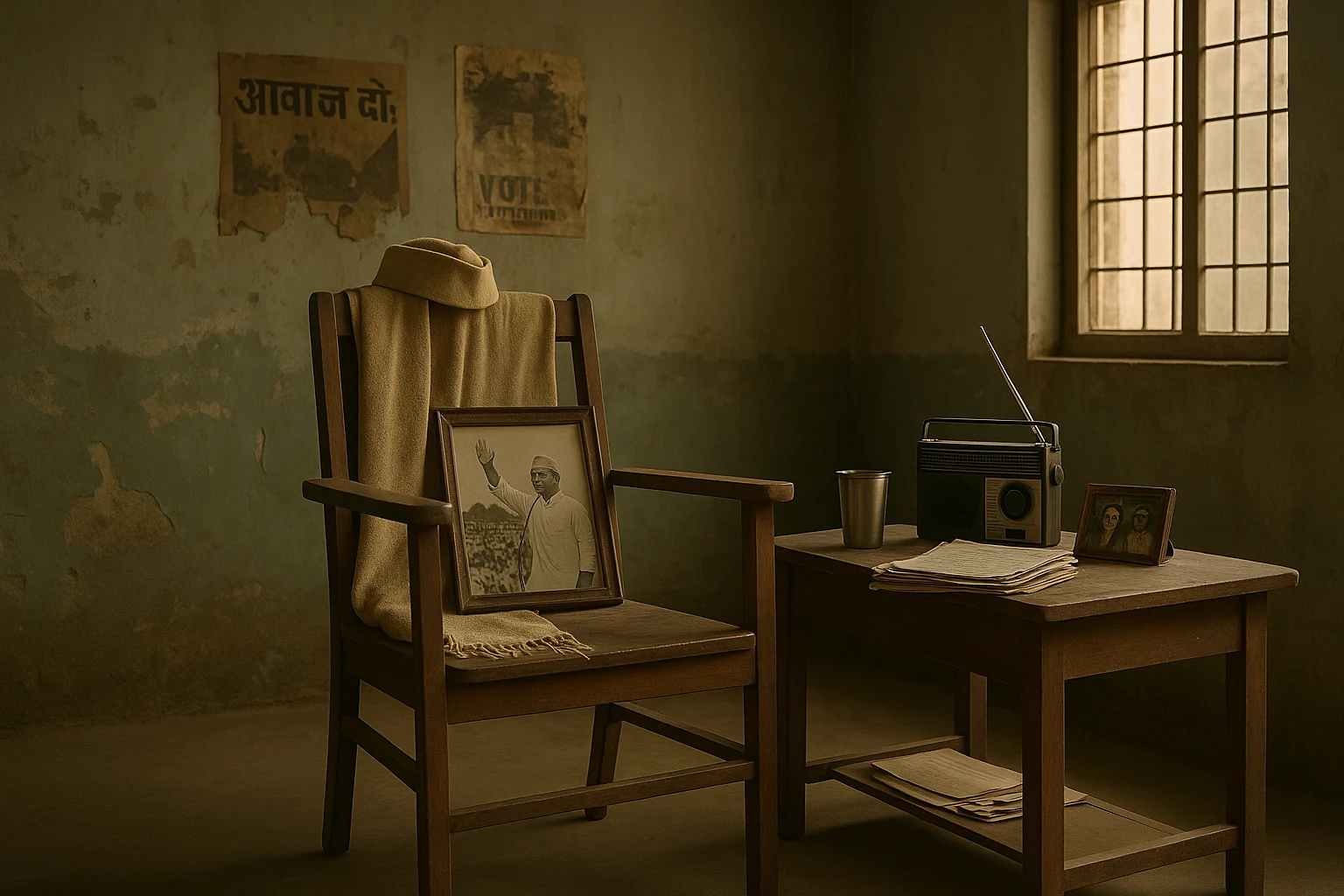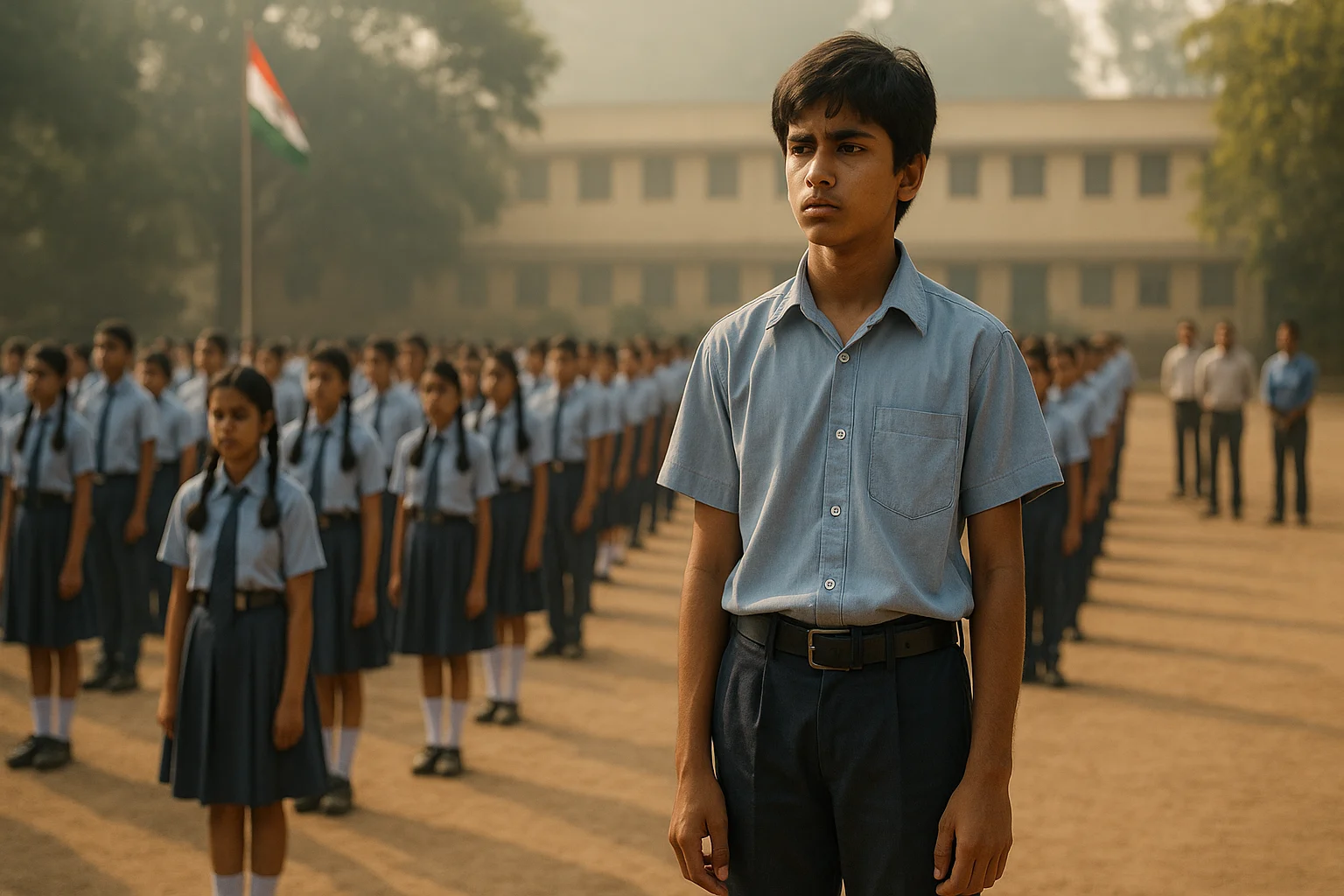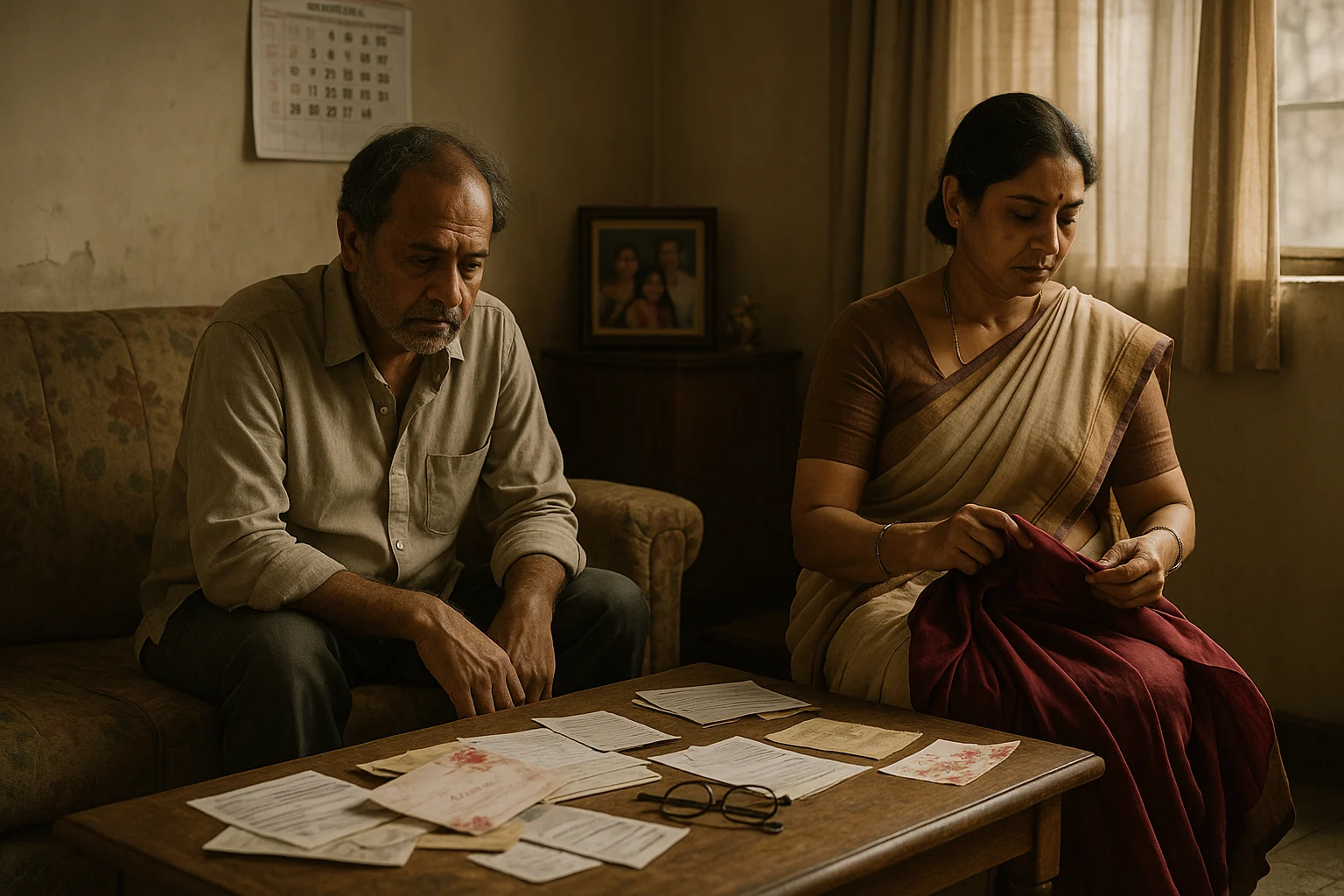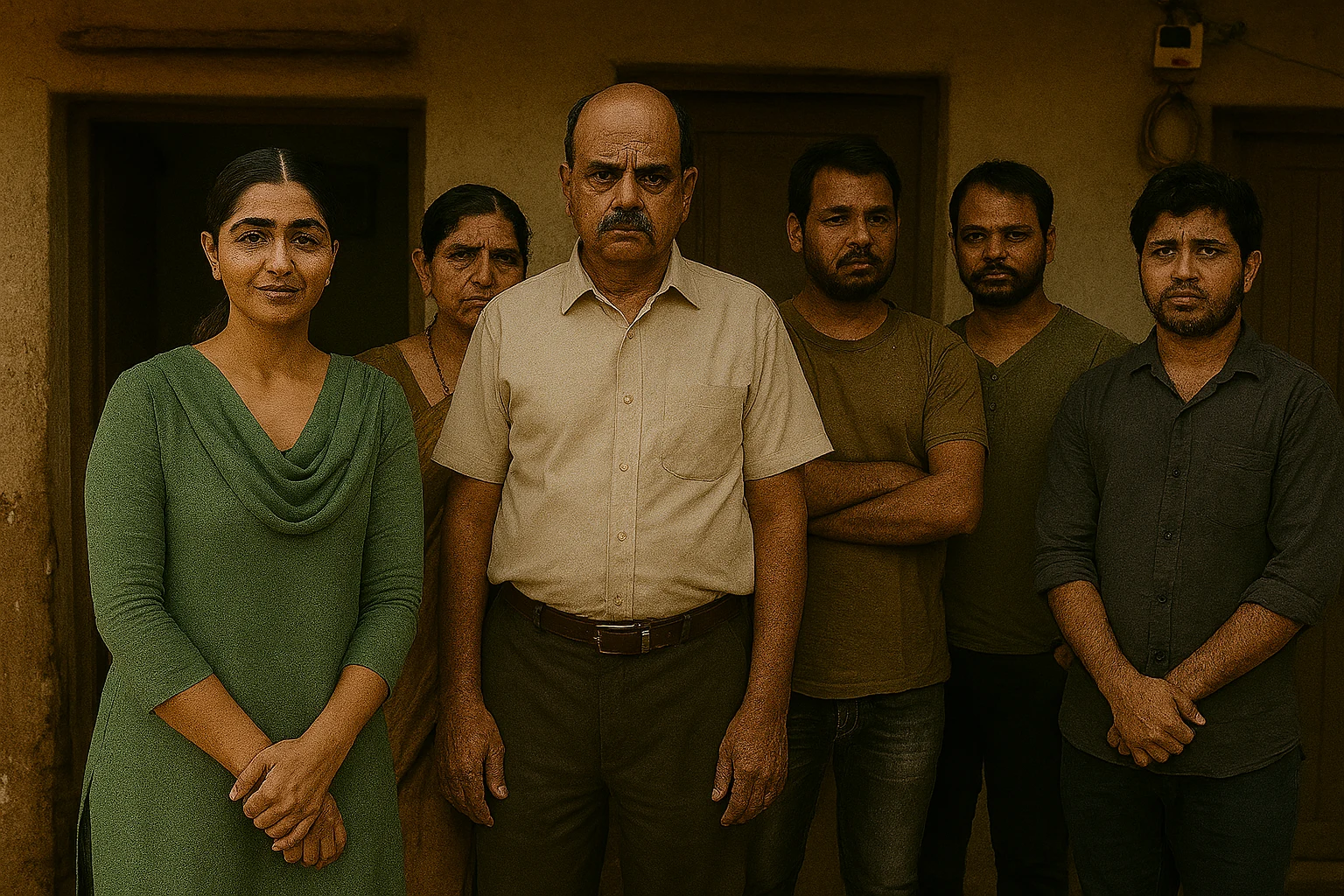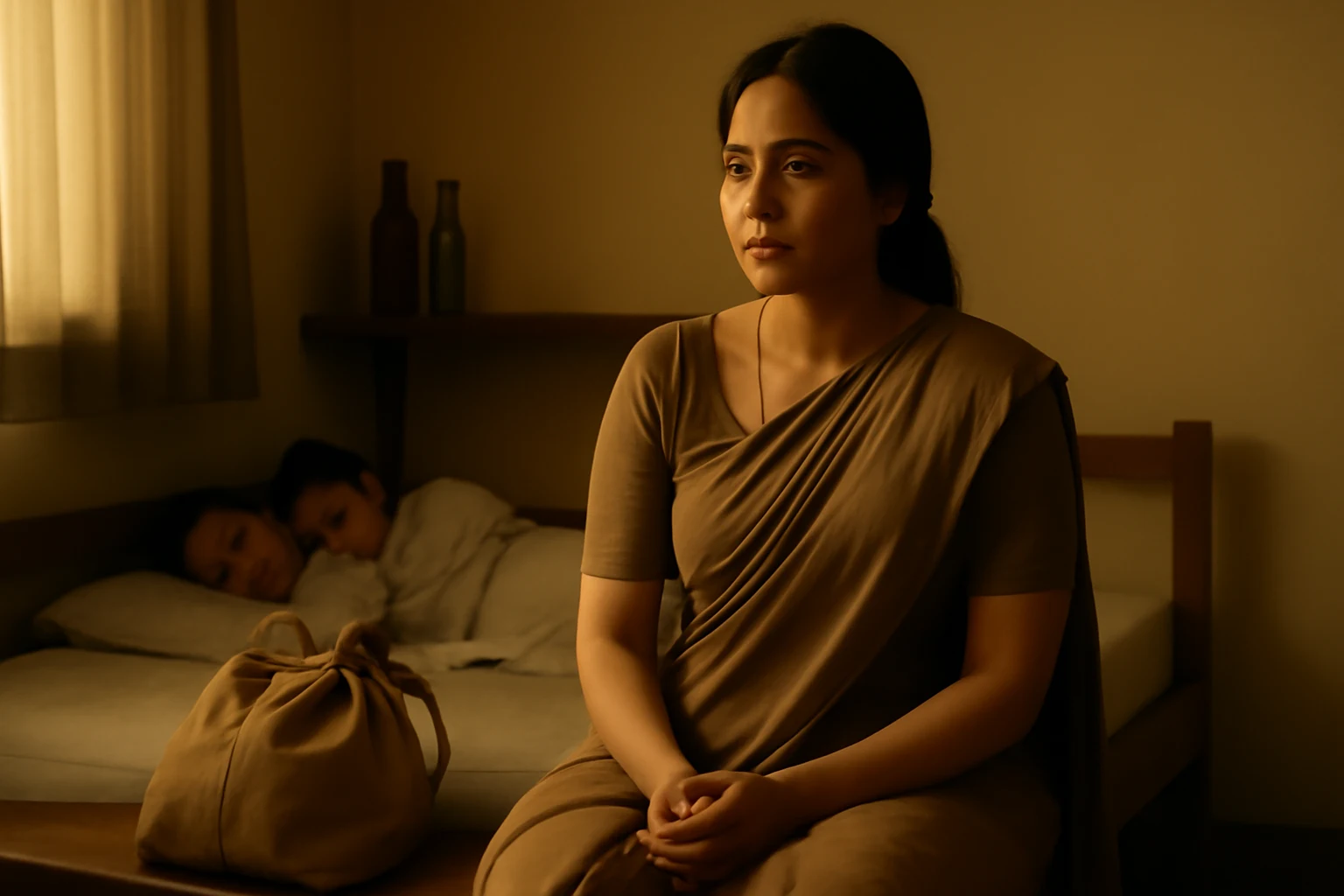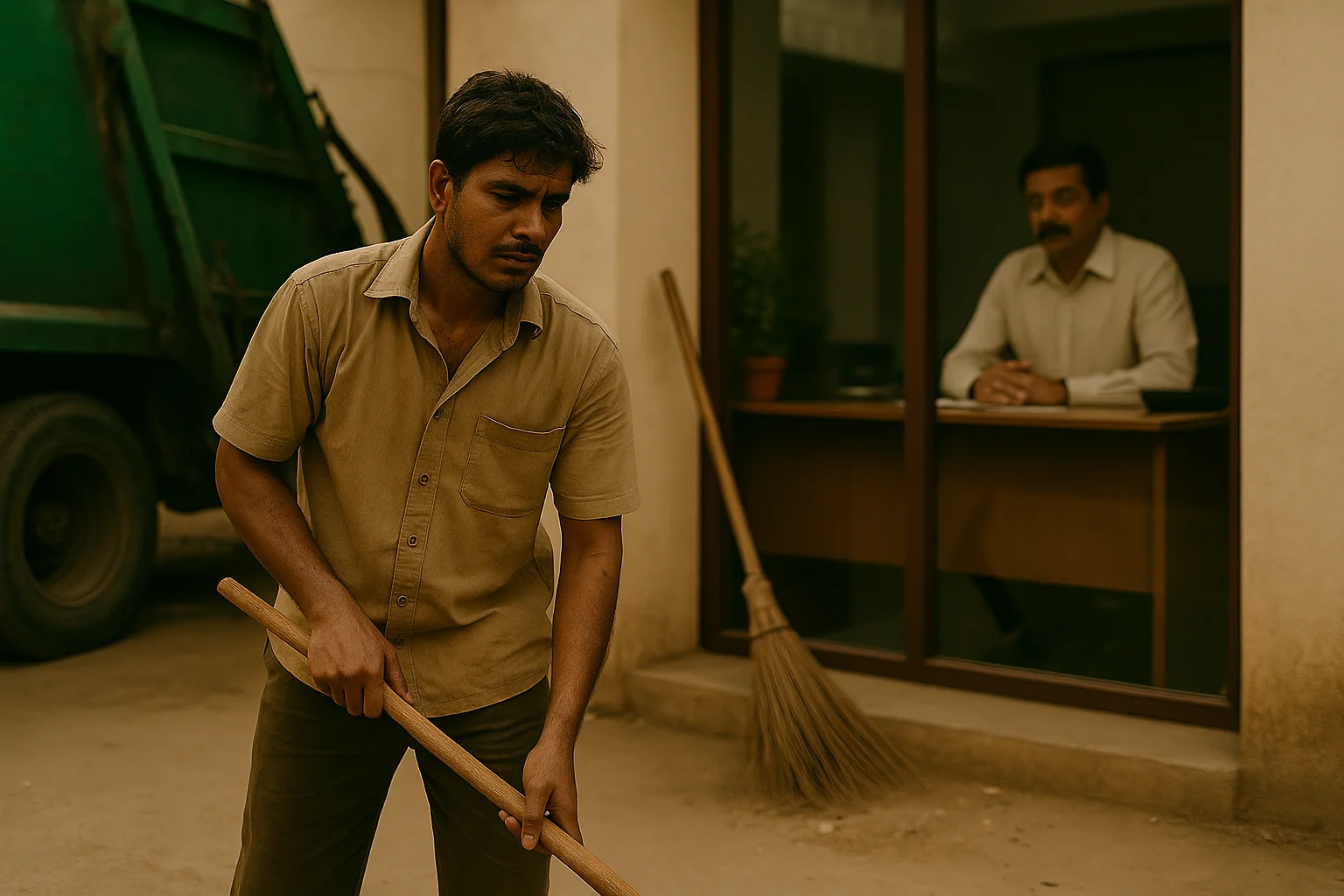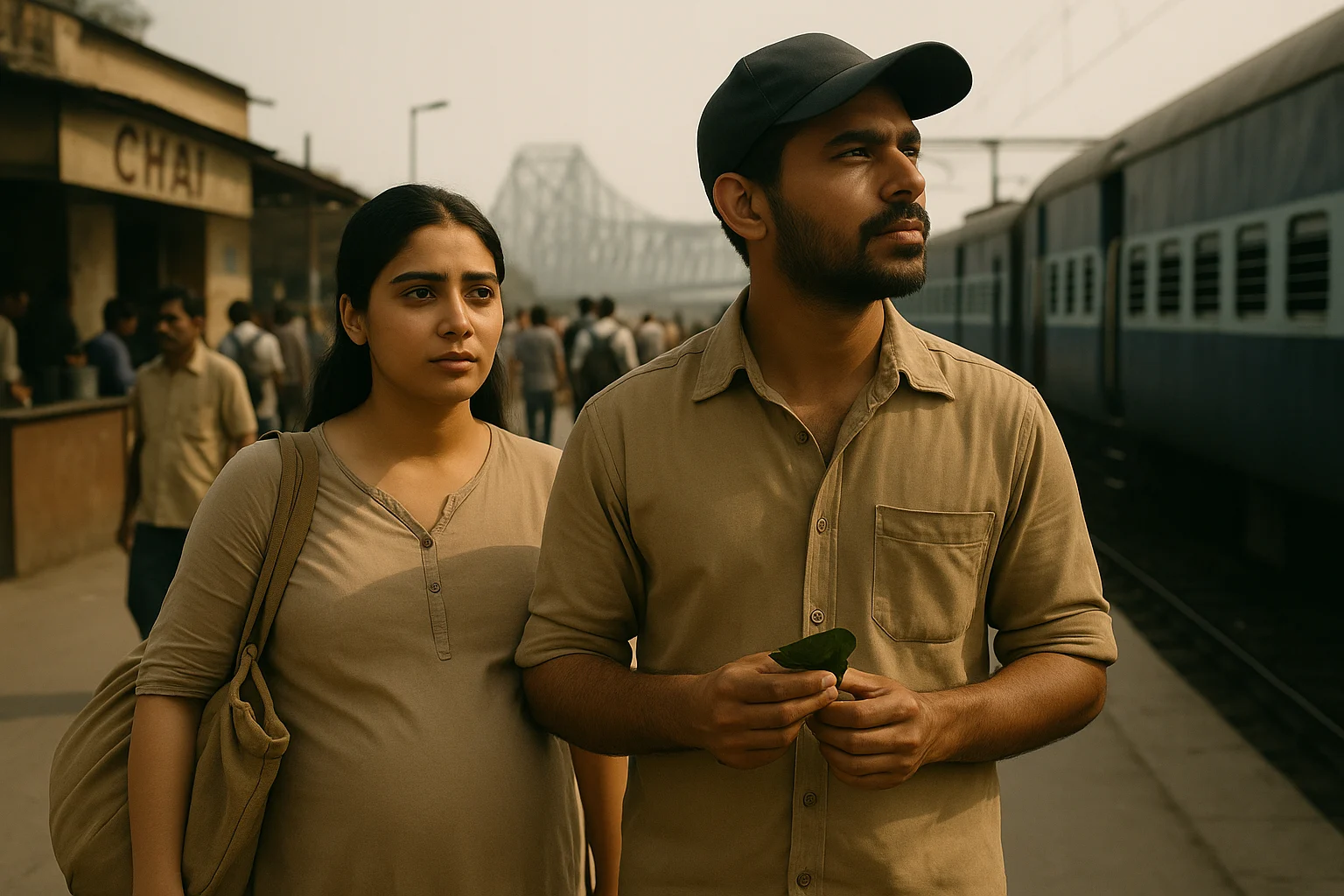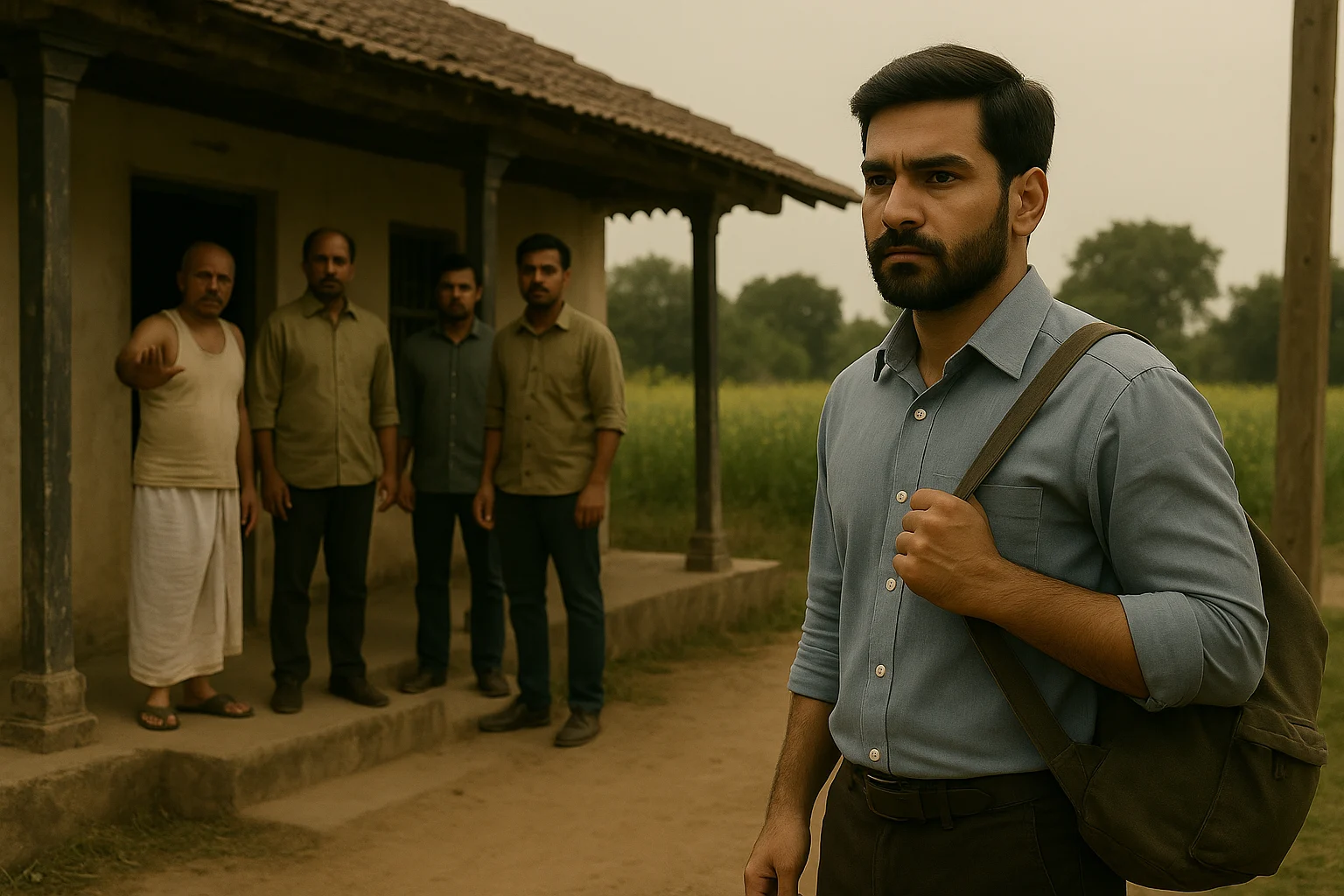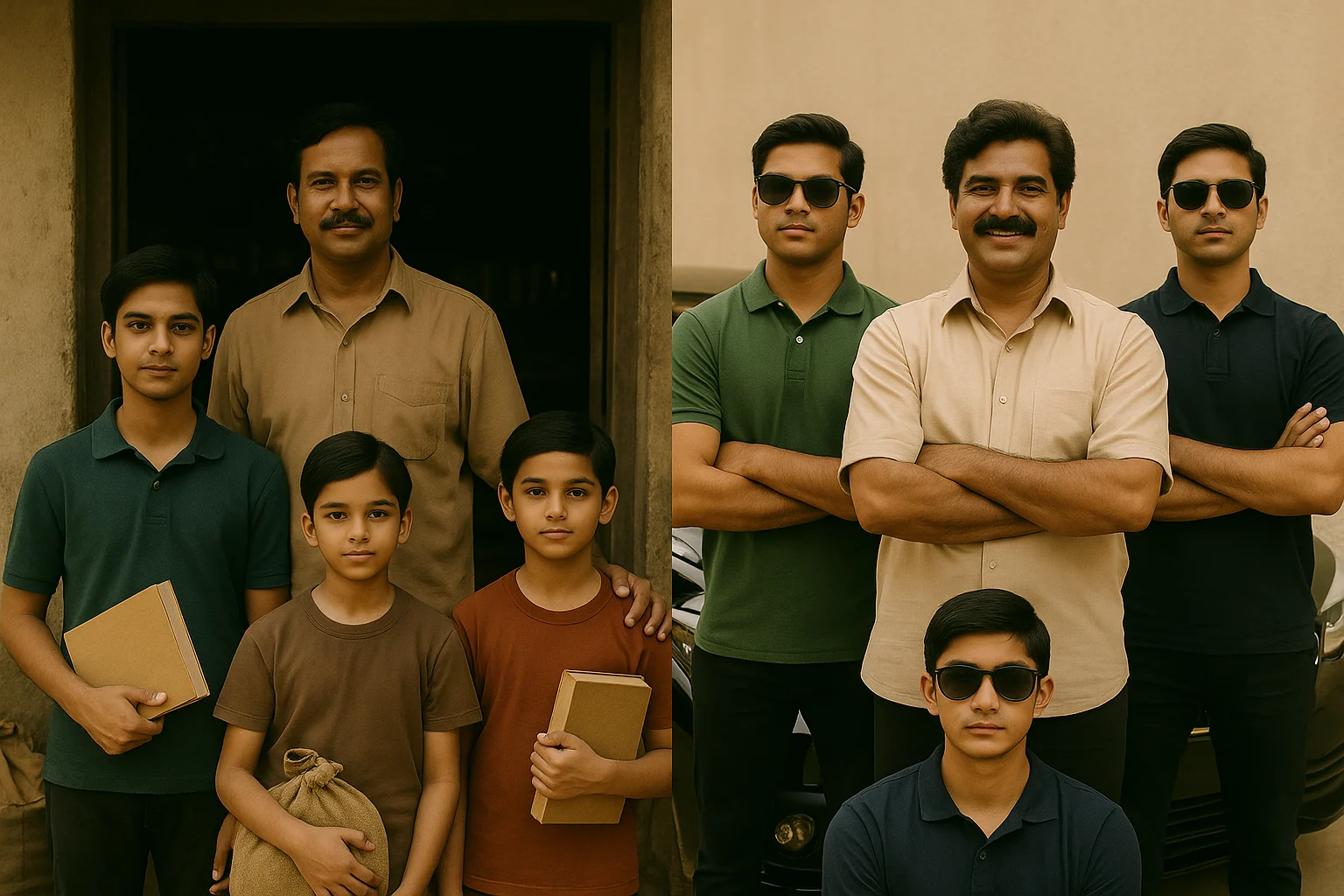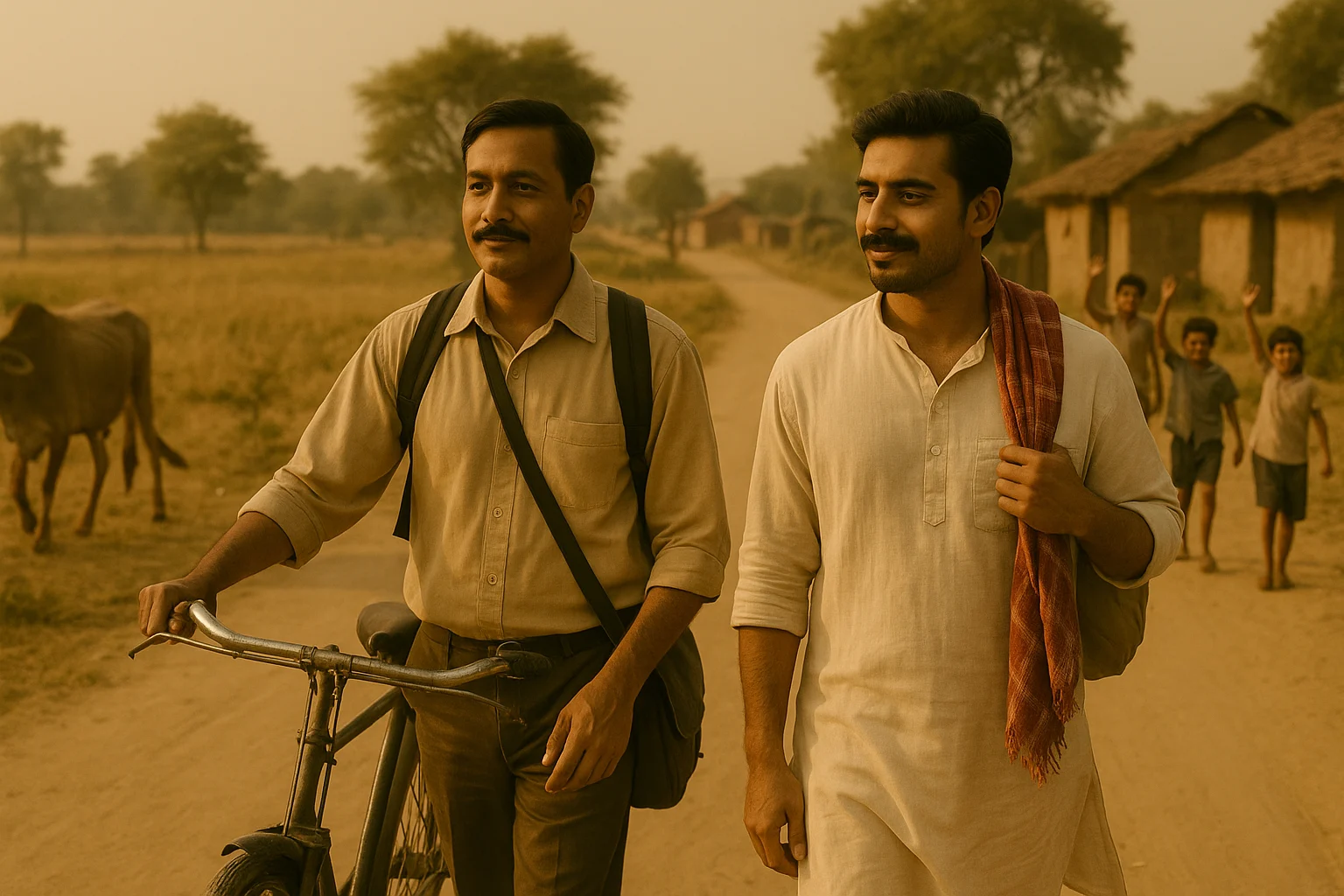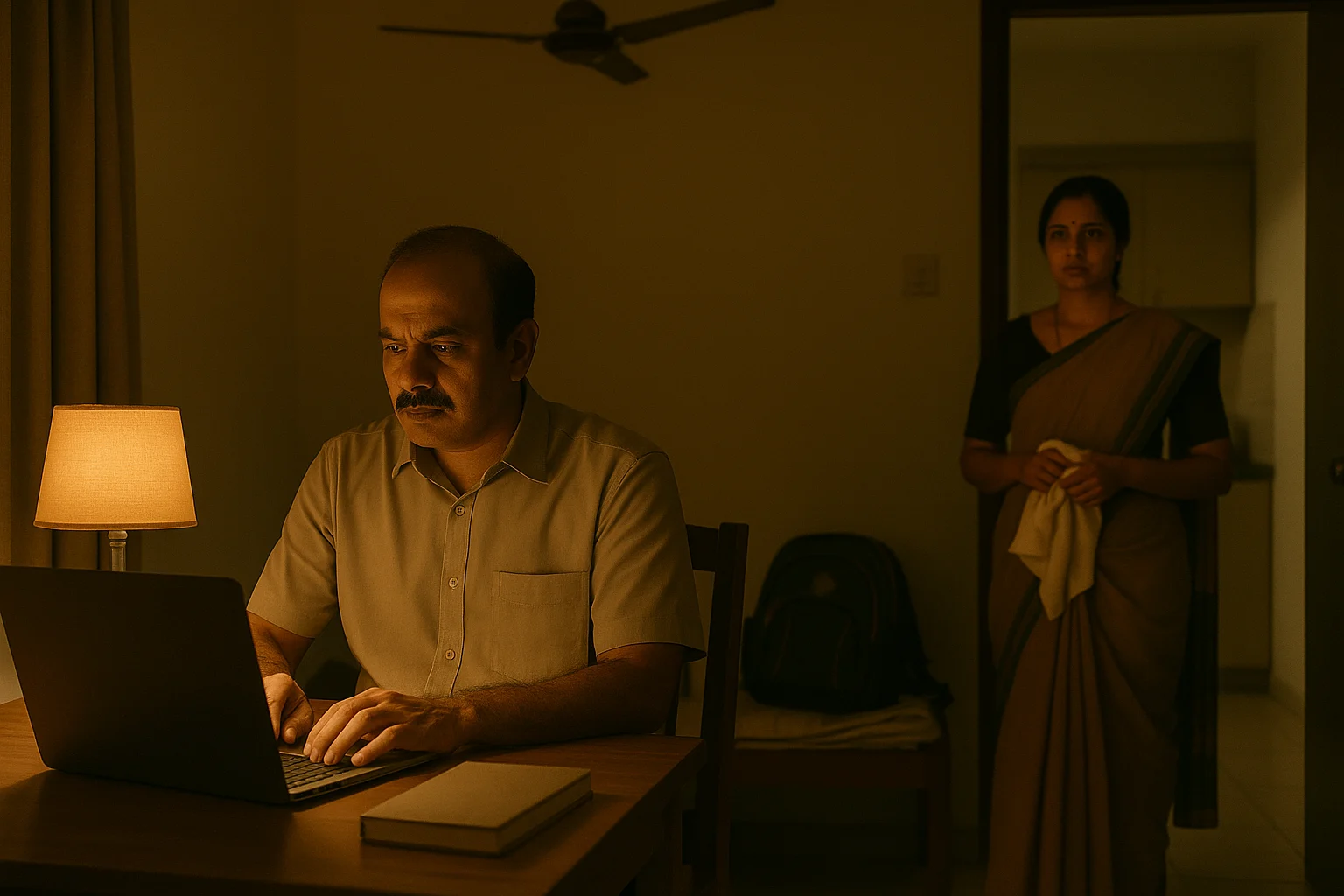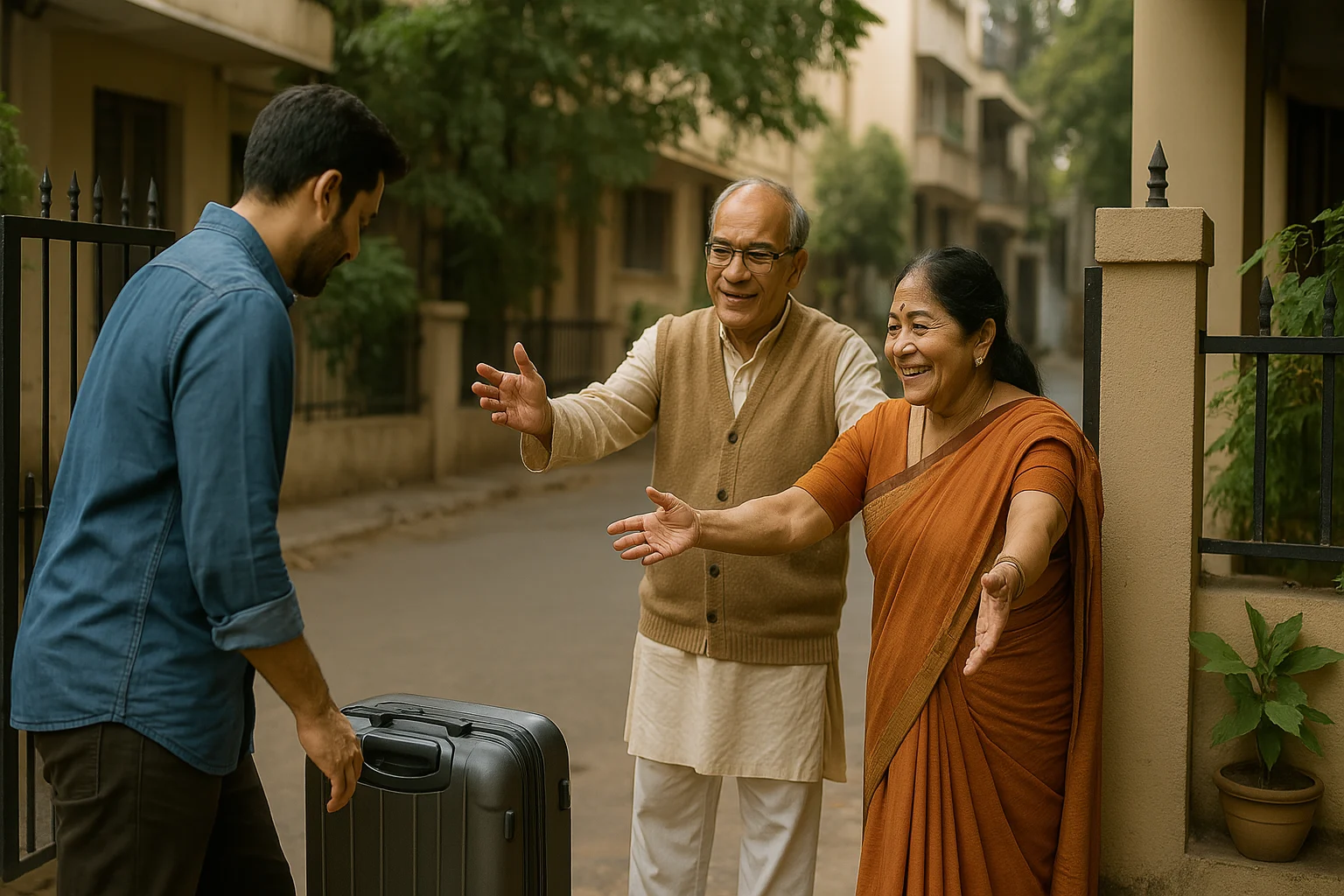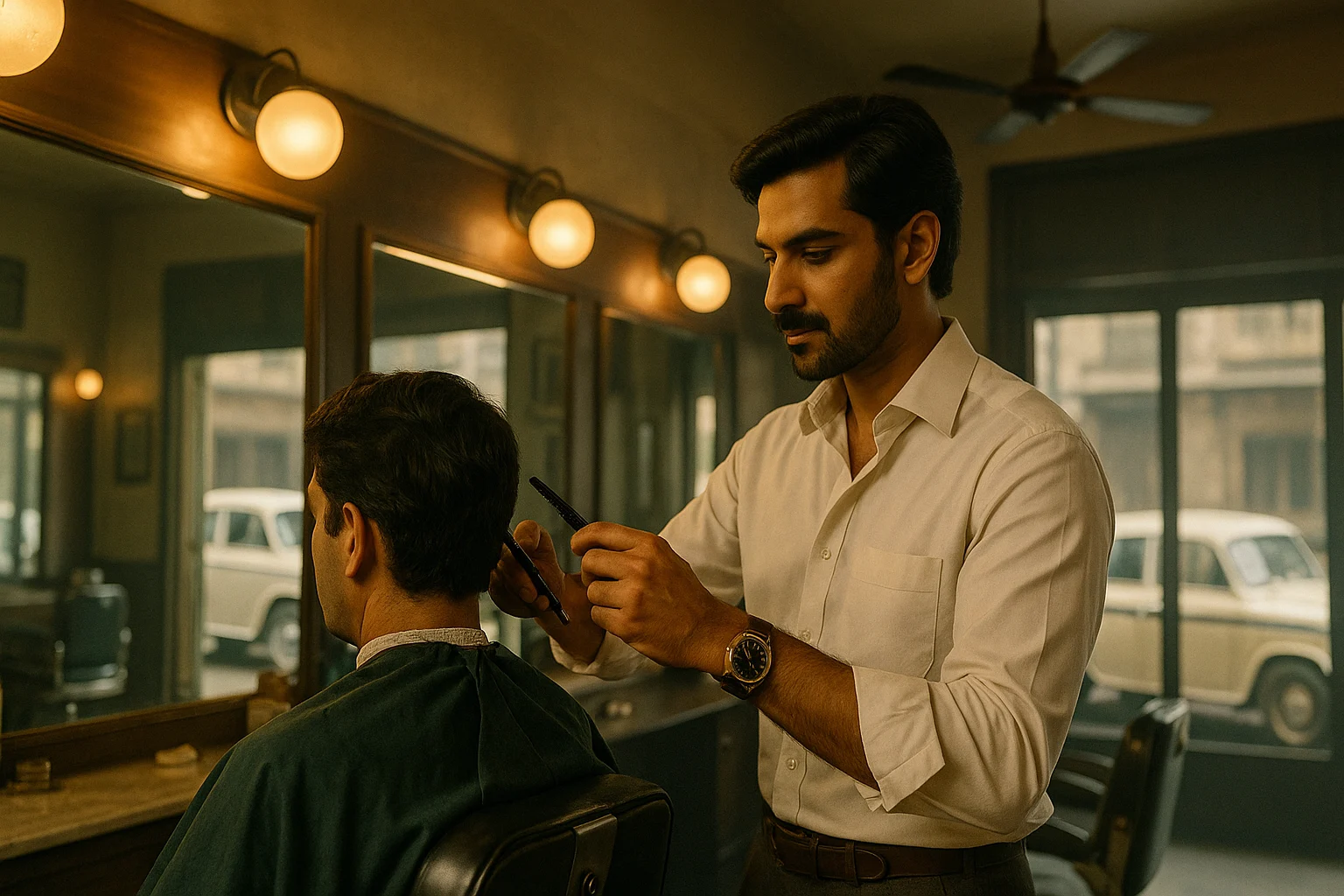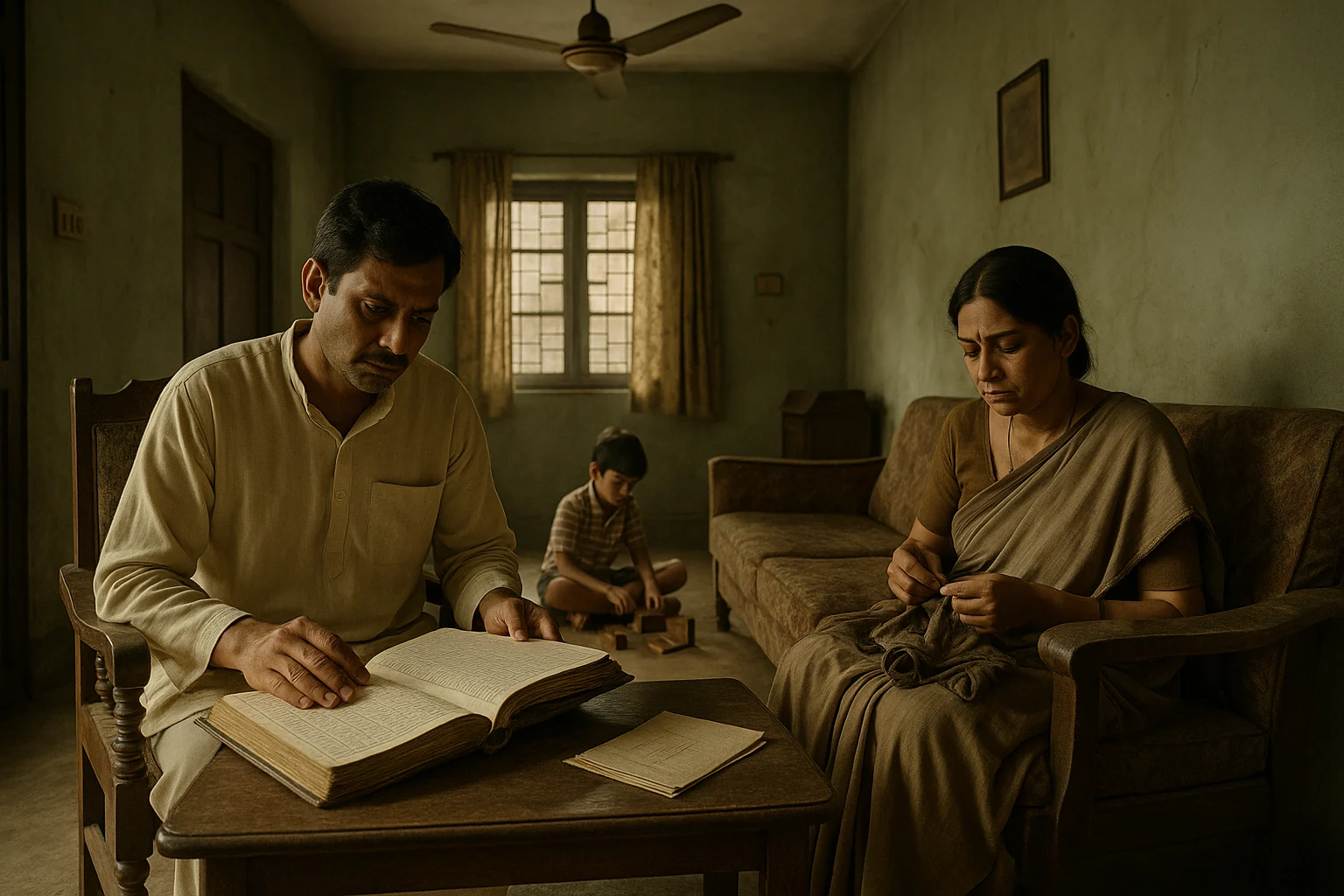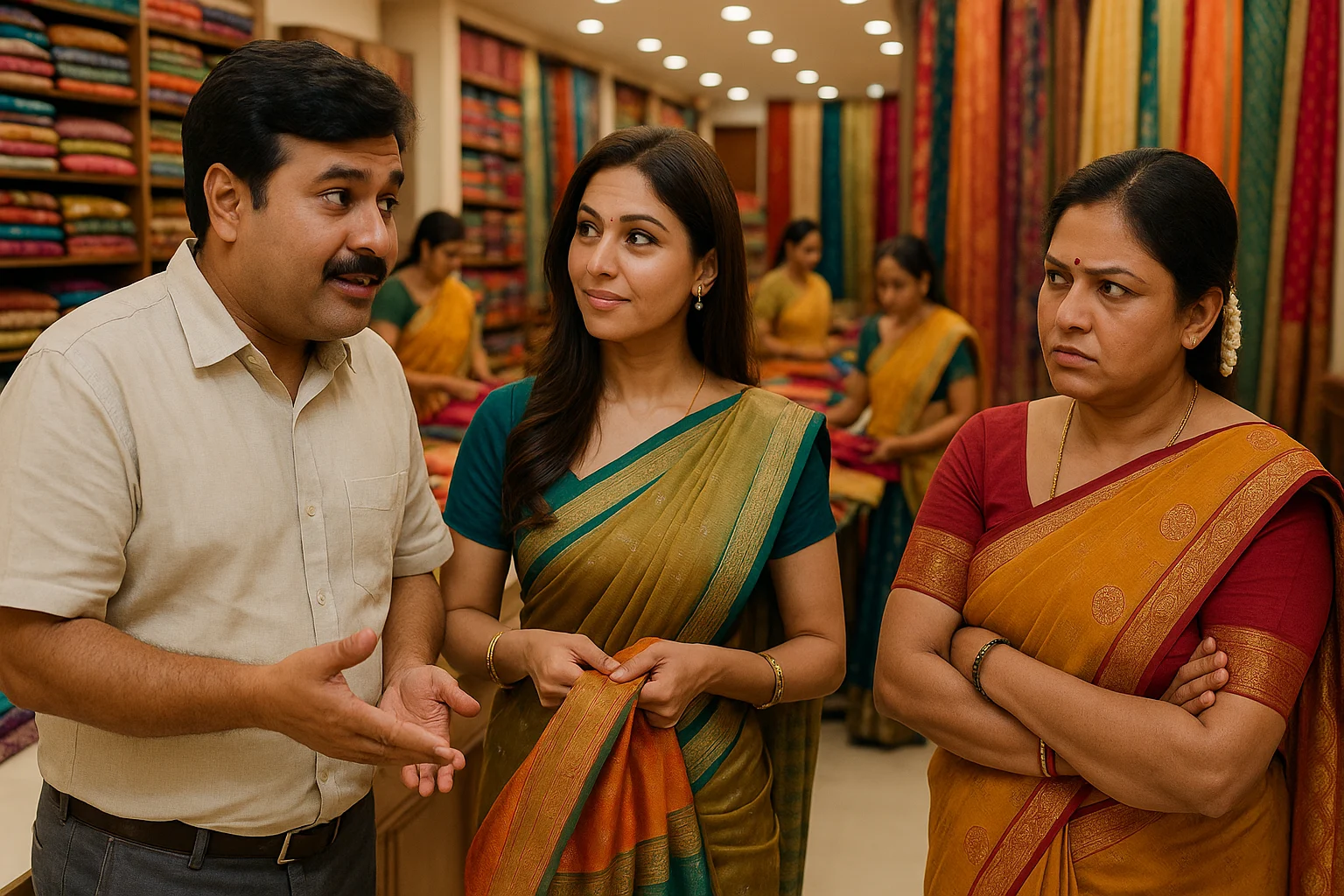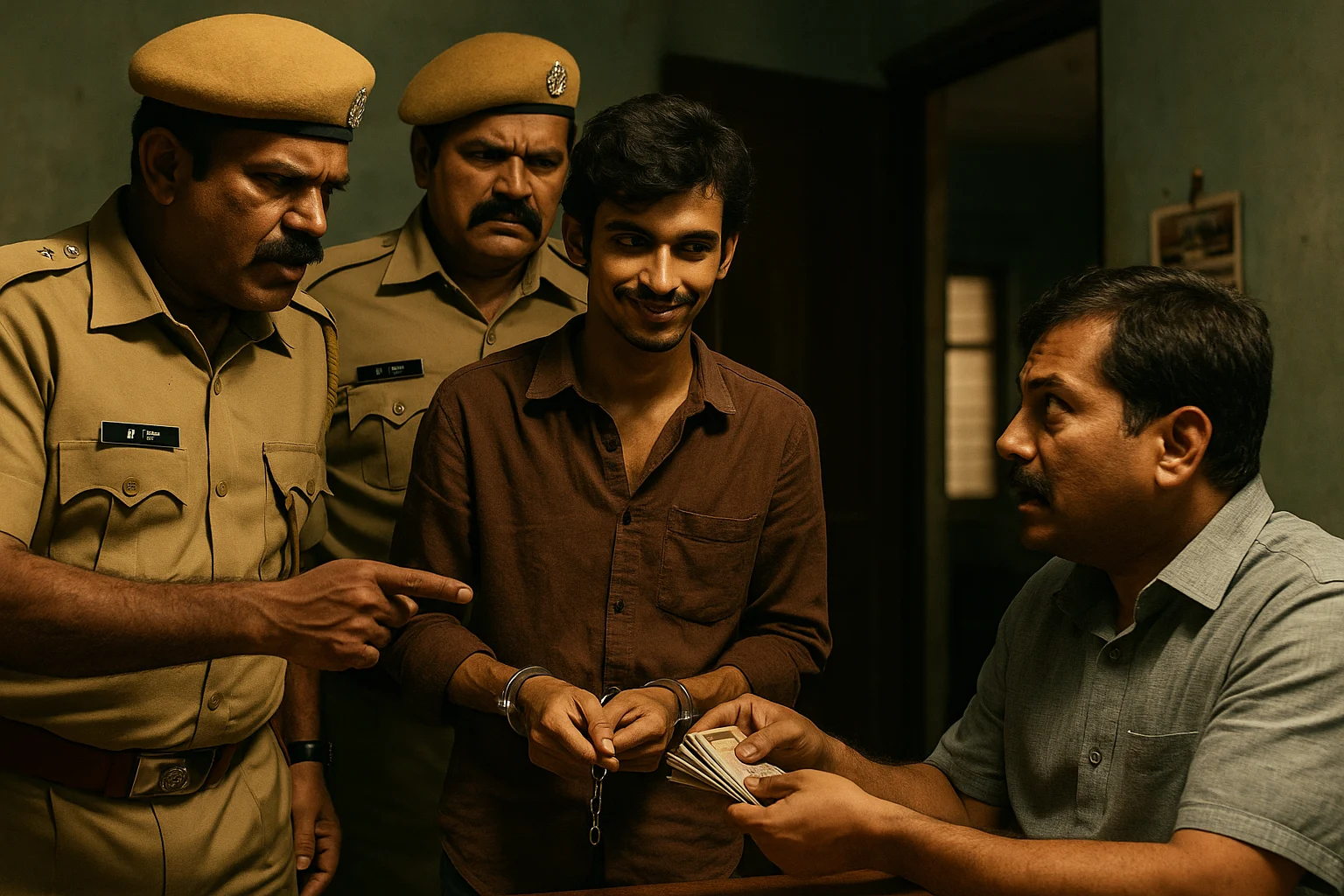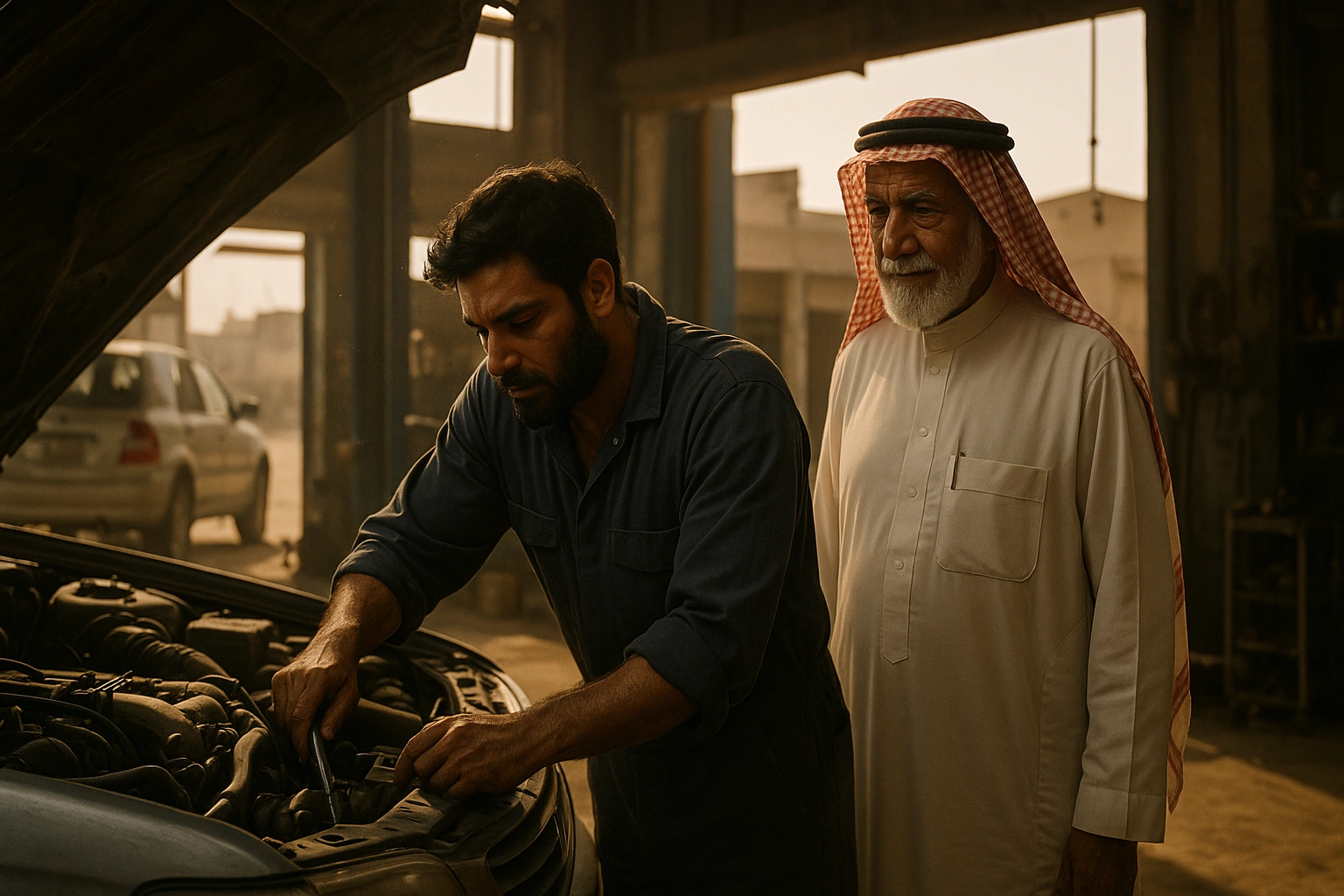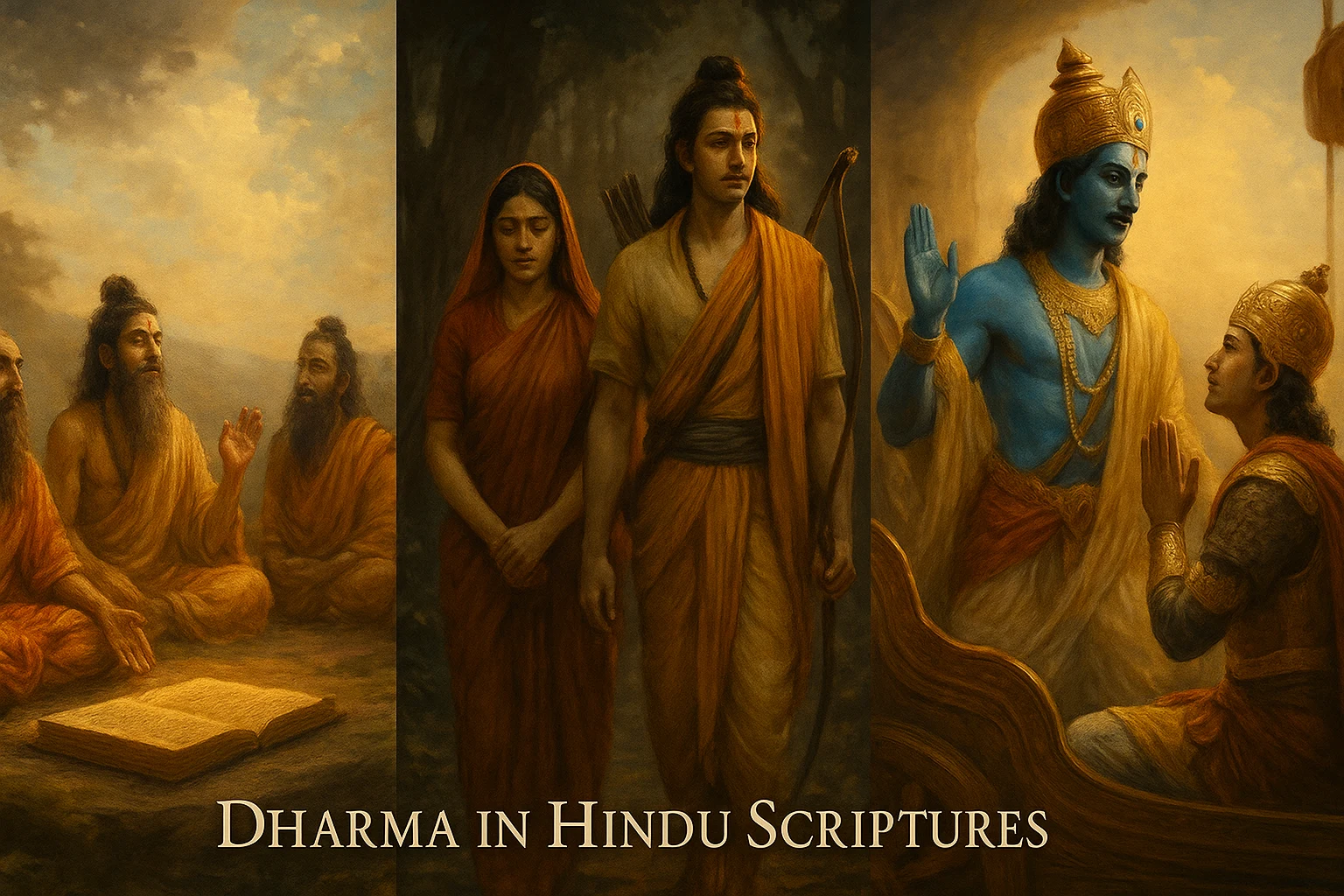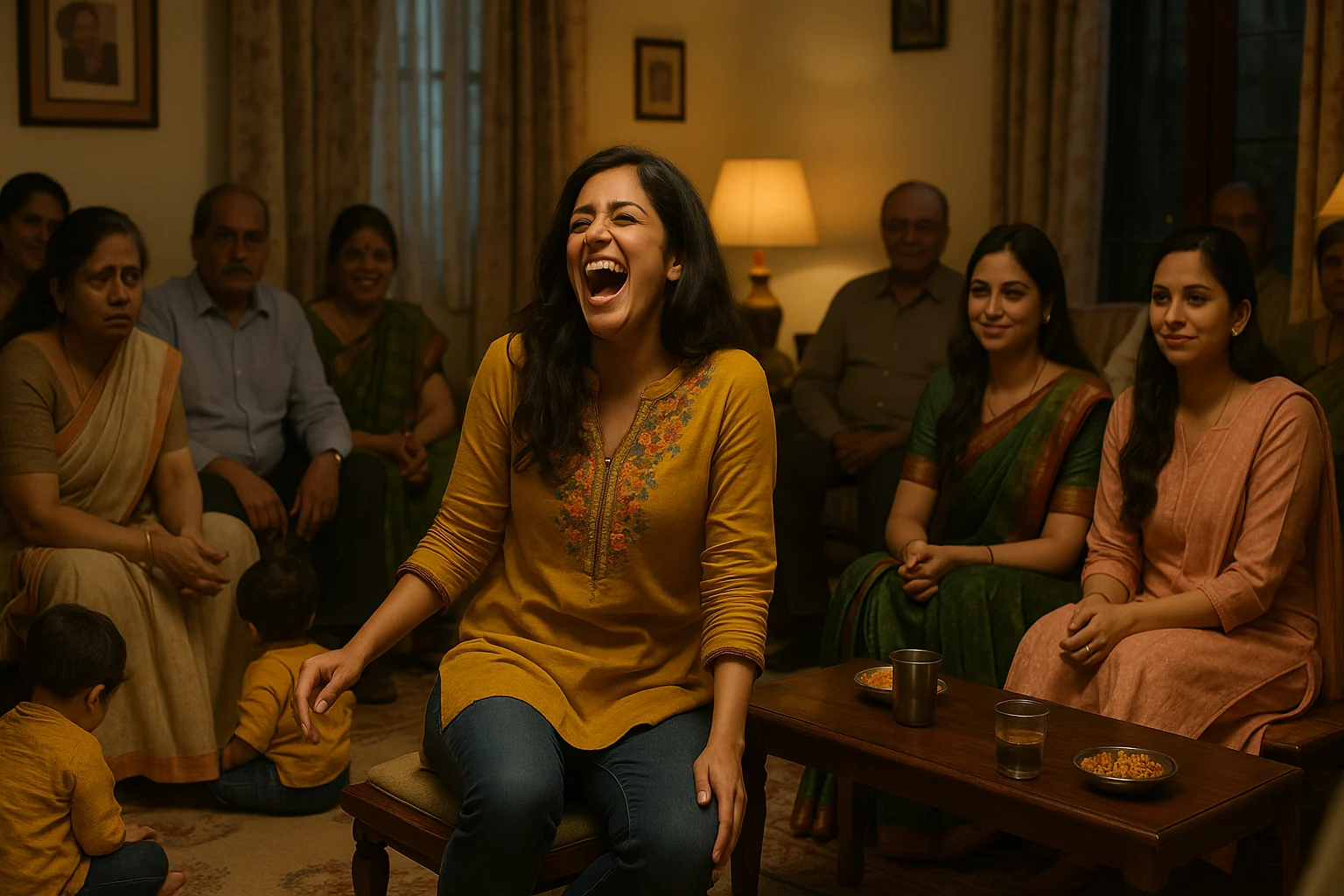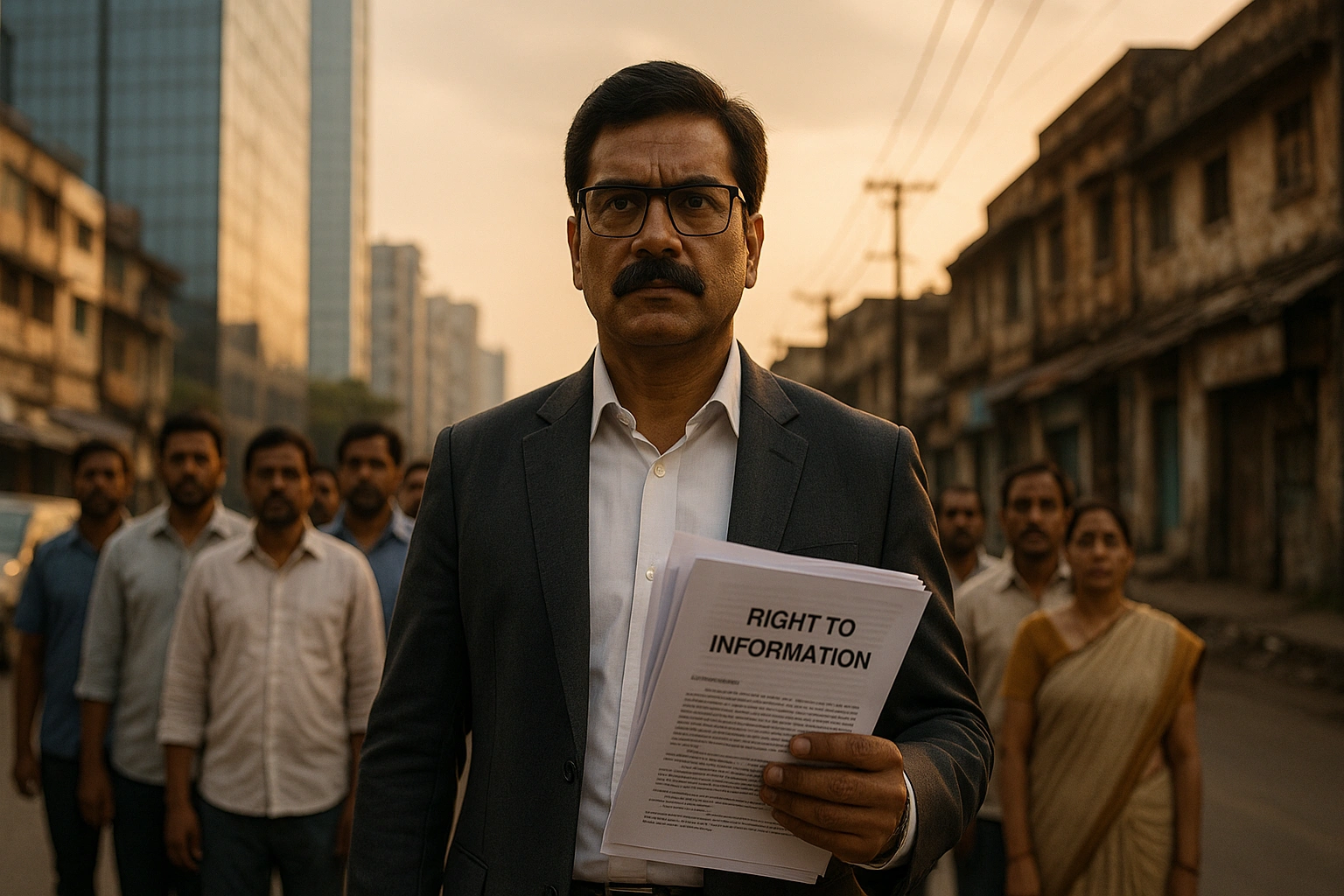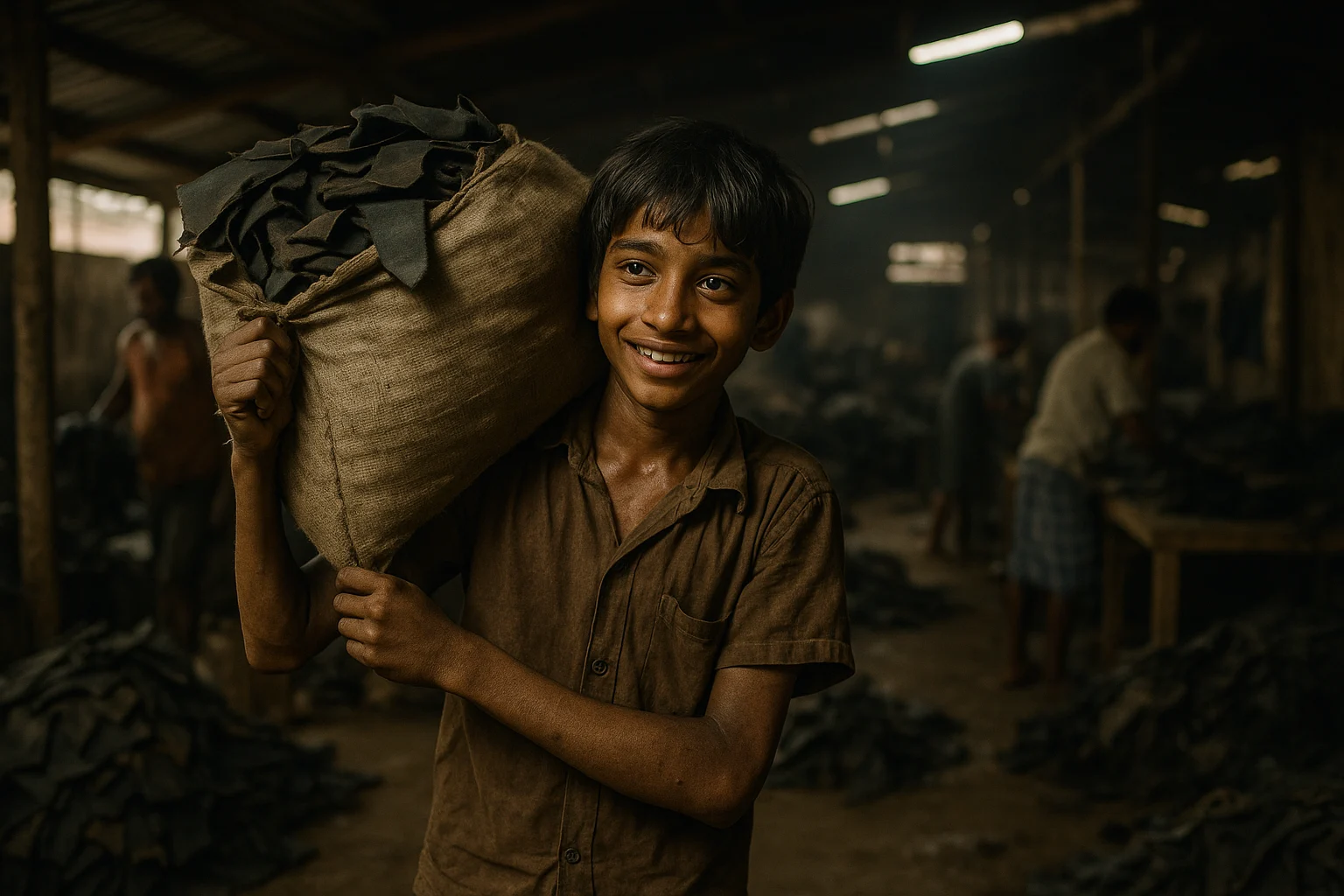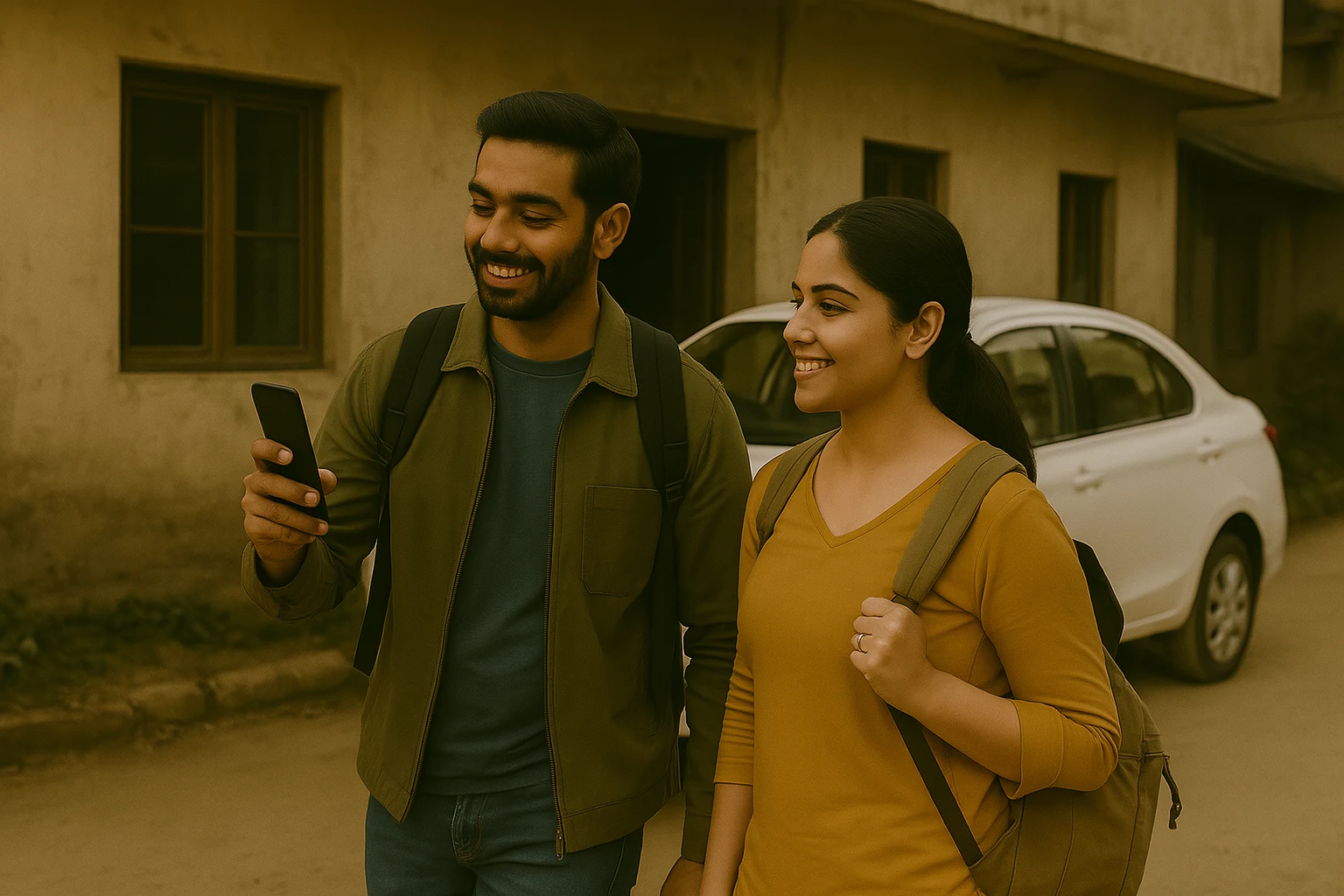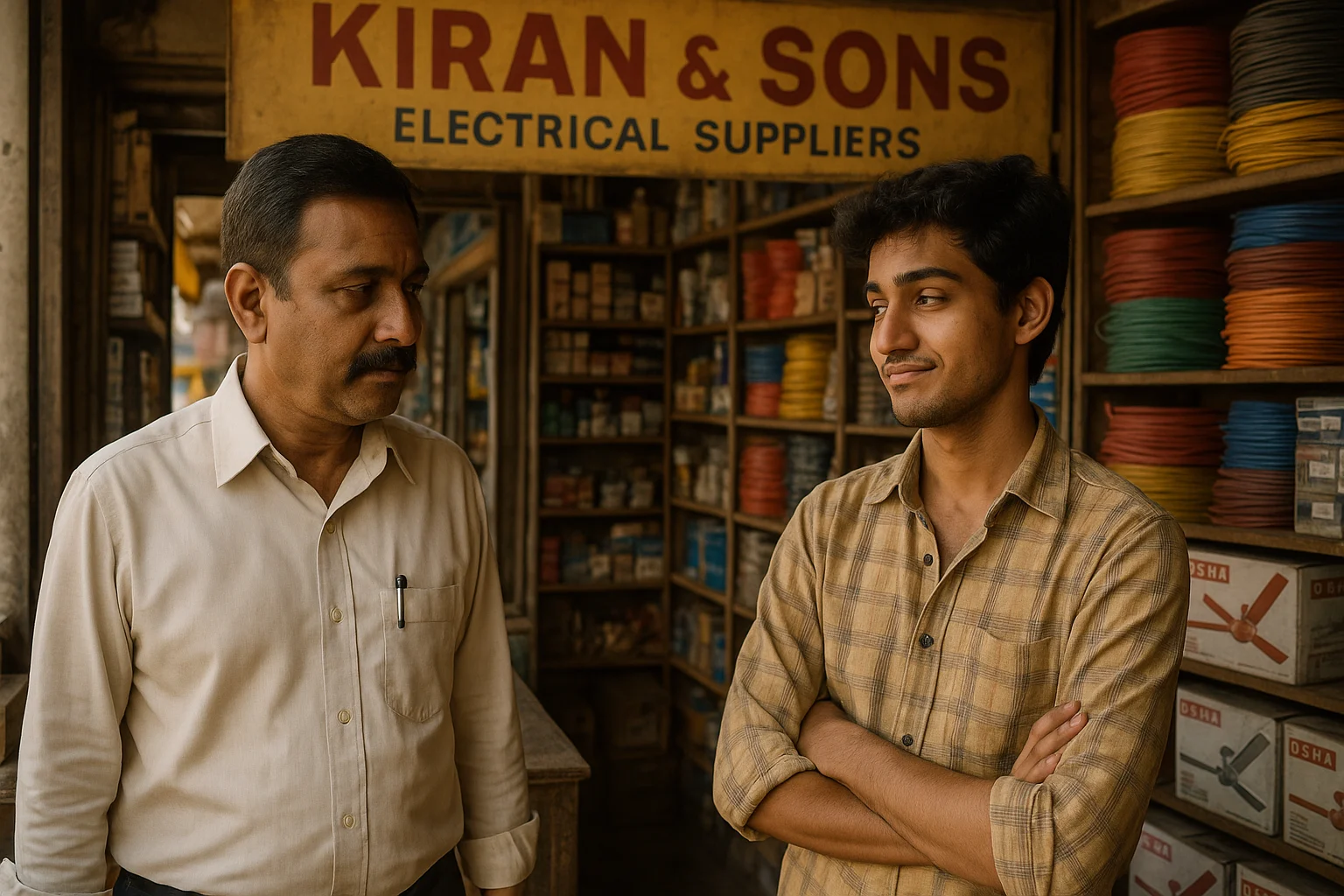Mumbai after midnight breathes differently. The chaos dies down, the heat subsides, but the unpredictability lingers—like steam from the last cup of chai on a station platform.
Farhan Shaikh, just 19, knew this rhythm too well. He drove his autorickshaw from dusk till dawn—not by choice, but necessity. His father, once a BEST bus driver, had been bedridden for over a year. Farhan’s mother stitched blouse linings from home, and his younger sisters studied under dim tube lights. Every meter fare counted.
He preferred night shifts—not just for fewer vehicles and cooler roads, but also for the quiet. Quiet gave him space to think. To breathe. To endure.
It was around 1:15 AM on a humid Wednesday when he dropped a passenger near Govandi. Wiping sweat off his forehead, he parked under a flickering streetlight and sipped lukewarm chai from a roadside stall.

Just then, two men appeared from an alley. Both in their late 30s, wearing plain shirts and caps, each dragging a large black duffel bag.
“Rickshaw?” one asked.
“Where to?” Farhan responded.
“T Junction. Near Dharavi.”
Farhan nodded. “Okay. Fare as per meter.”
“Just ₹100,” the second man said quickly. “That’s all we’ll pay.”
“It’ll be more than that,” Farhan replied.
“No. That’s what we’ve got. It’s a short ride.”
Farhan hesitated. T Junction wasn’t far, and it was a busy hub—even this late. Maybe he’d find a long-distance passenger there. He glanced at the nearly empty street. “Fine. ₹100 is okay,” he agreed. “But I’ll turn on the meter anyway.”
“Why? We’re paying you ₹100,” one protested.
“For the record,” Farhan said. “Don’t worry, I won’t ask more.”
They grumbled but loaded the bags in.
The engine growled to life, and the auto rolled past the slumbering neighborhoods.

A Routine Check with an Unthinkable Twist
Near Sion Station, flashing red barricades signaled a police checkpoint. Three constables and a sub-inspector flagged vehicles. Farhan slowed down and stopped as instructed.
“Where are you coming from?” the sub-inspector asked.
“Govandi, sir. Going to T Junction.”
The officer’s eyes fell on the bulky duffel bags. “These men—your friends?”
“No sir. Just passengers.”
The cop walked to the rear. “What’s in the bags?”
“Clothes,” said one man.
“For an exhibition,” added the other.
“At 2 in the night?” the officer raised an eyebrow. “Open the bags.”

One of the passengers hesitated. The constables stepped in. In seconds, zippers were pulled open.
The smell hit first—sharp and sickening. Inside were two bodies, wrapped in polythene, tied with electrical cords.
The scene froze. Even the night air seemed to recoil.
Farhan’s heart thundered. The officers looked at him sharply.
“I swear, I don’t know anything,” he stammered. “They just hired me. Meter is on. You can check.”
The sub-inspector nodded toward the meter. “Started at 1:30 AM,” he muttered, confirming. “Looks like he just picked them.”
The two men were arrested on the spot. The bodies were taken away. Farhan was told to report to the Sion Police Station in the morning to give his statement.
“You’re lucky the meter was on,” one of the constables said. “Otherwise, you’d have been in real trouble.”
Farhan nodded silently. He couldn’t even find the words to respond.
The Weight of the Night
He drove home quietly, replaying everything in his head. The laughter at the paan stall. The small argument over the fare. That brief moment when he almost didn’t turn the meter on.
Sleep didn’t come easy. His mother opened the door, confused at his pale face. “You look like you’ve seen a ghost,” she said.
“I almost did,” he replied softly, sitting down to catch his breath.
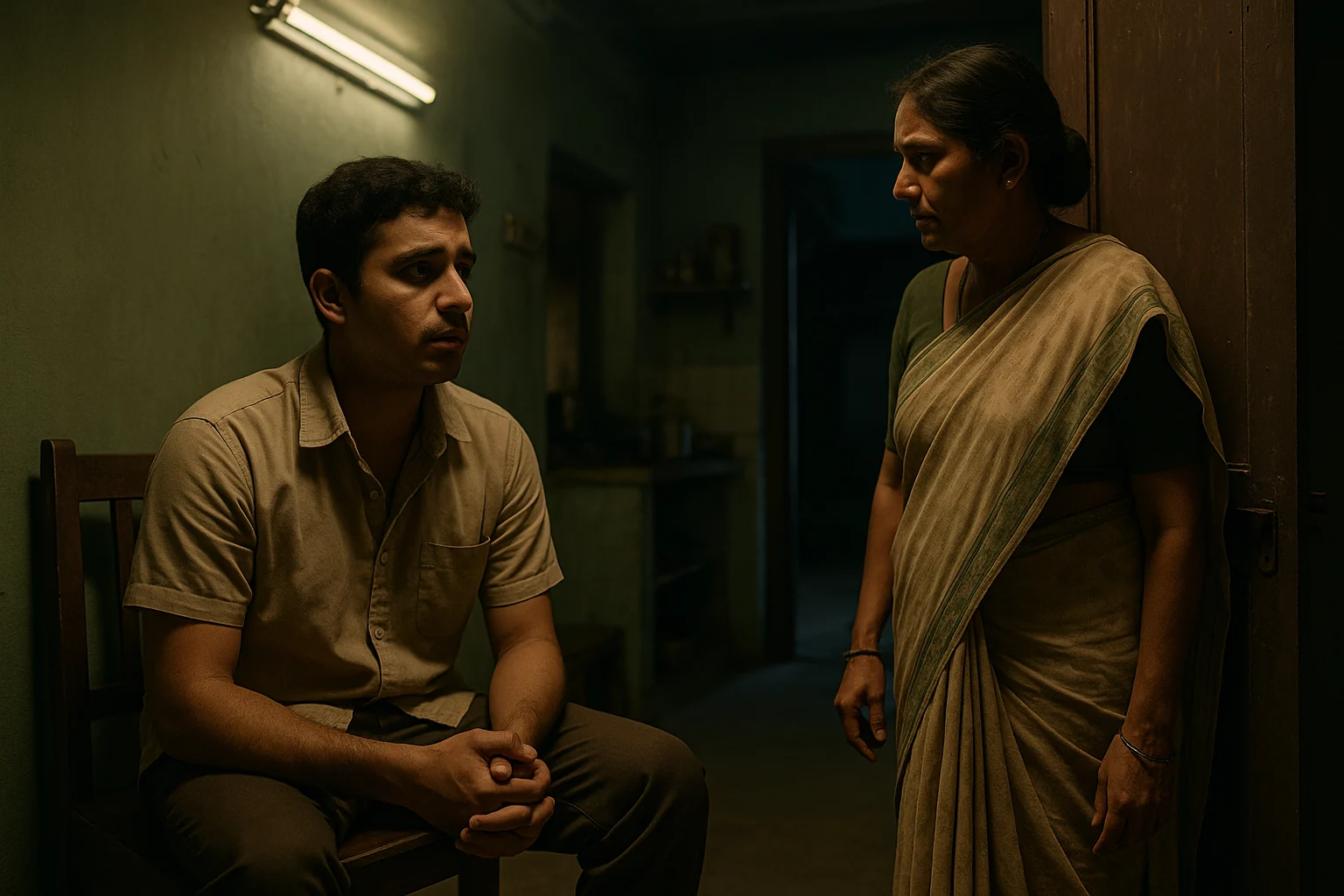
At the Station
The next morning, he stood at the police station’s reception desk. Statement given. Identity confirmed. The police assured him he wouldn’t be linked, but asked him to be available for any future queries.
As he stepped out, he spotted two familiar faces from the rickshaw stand near Kurla.
“Farhan bhai?” one of them asked. “Heard what happened. You okay?”
Farhan nodded. “Better now.”
“You were lucky, man,” the other said. “Imagine if you hadn’t started that meter.”
Farhan looked at them seriously. “That meter saved me. Don’t ever skip it—no matter how much someone offers. It’s not just about fare. It’s proof.”
They listened, quietly. The usual banter was gone.
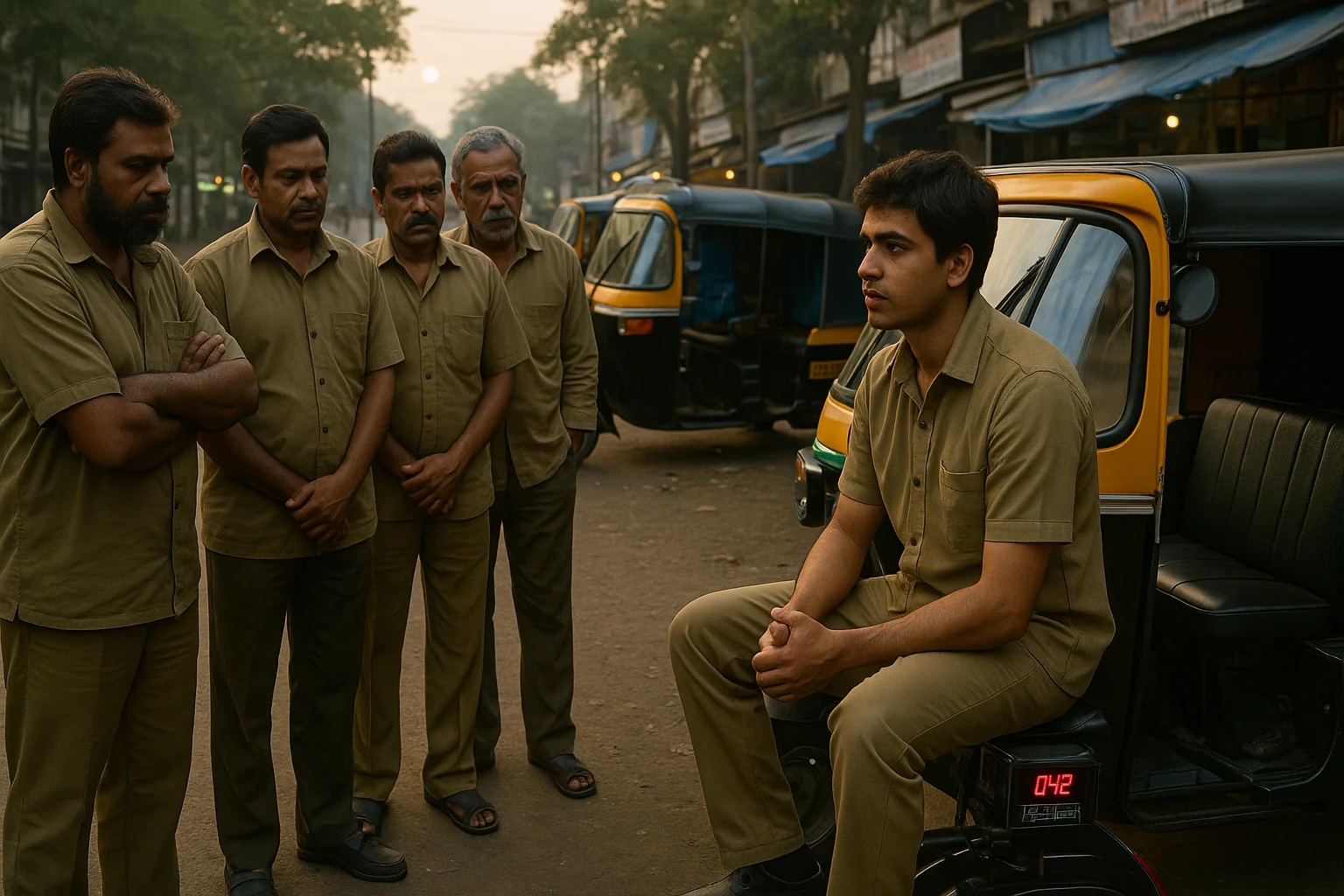
Word Spreads, Habits Change
By the weekend, the story had spread across rickshaw stands from Chembur to Mahim. Not through newspapers or viral videos—but through conversation, concern, and quiet fear.
A senior driver at the Bandra station told others, “From today, no ride without the meter. I don’t care if the fare’s ₹500 or ₹5.”
Others agreed.
Some scoffed at first. But after learning how close Farhan came to being arrested—or worse—most drivers began flipping their meters on not just for law, but for safety.
Farhan never boasted. He never repeated the story unless asked. But every time someone resisted using the meter, he’d simply say:
“Ask yourself—if the police stop you right now, what proof do you have that you’re not involved?”
It was enough.

Back to the Road
Weeks later, things returned to normal. Farhan still worked nights. Still drank chai near Govandi. Still watched the empty roads pass by like a film.
But something had changed—not just in him, but in those around him.
Every beep of a running meter on a Mumbai rickshaw now echoed a little louder. Not just a sign of a fare… but a reminder:
Some decisions can cost you everything. Others can save your life.

Moral of the Story:
Sometimes, it’s the simplest discipline—like turning on a meter—that becomes your shield against danger. Never take shortcuts with your integrity.
Receive Stories and Articles in your Inbox!
We won’t send any promotional or spam emails.
